Home / world / UK Set to Welcome Stranded Tamil Migrants from Diego Garcia, Ending Three-Year Ordeal on Remote Isla
UK Set to Welcome Stranded Tamil Migrants from Diego Garcia, Ending Three-Year Ordeal on Remote Isla
By: My India Times
4 minutes read 97Updated At: 2024-11-05
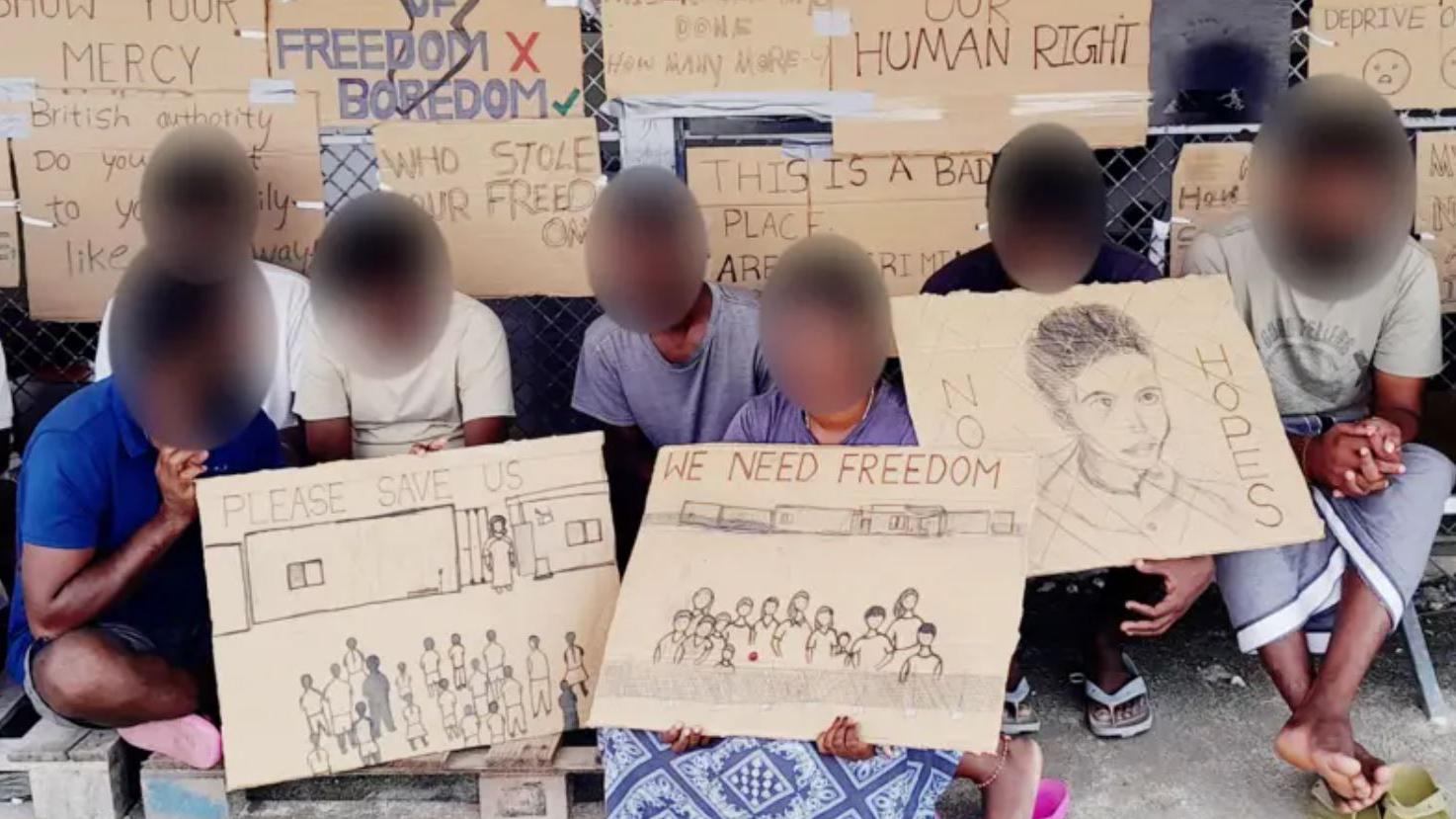
In a landmark shift, the UK government has proposed to bring dozens of Sri Lankan Tamil migrants, who have been stranded on Diego Garcia for over three years, to Britain. The group of 60 migrants, including 16 children, has endured harsh and isolated conditions on the remote Indian Ocean island, which hosts a top-secret UK-US military base. For years, their future has been uncertain, as legal battles and complex political dynamics played out over their right to asylum.
The government’s move comes after extensive consideration of what officials called the "exceptional circumstances" surrounding Diego Garcia. In a formal letter, government lawyers confirmed that families, children, and unaccompanied males without criminal convictions would be offered the chance to move to the UK, allowing them an opportunity to escape their makeshift camp and find safety on British soil. Officials described the policy shift as ongoing, with a final decision expected imminently.
For the migrants, this announcement is a long-awaited breakthrough. "It looks like a dream. I don’t know what to think," said one Tamil migrant after hearing the news. Others expressed relief and cautious hope, knowing that years of uncertainty and hardship might finally be coming to an end.
Three Years of Hardship on Diego Garcia
The Tamils’ journey to Diego Garcia began with their desperate attempt to escape violence and instability in Sri Lanka. After being rescued at sea, they became the first people ever to apply for asylum on Diego Garcia. However, what they hoped would be a short stay turned into a prolonged ordeal marked by isolation and dire living conditions. They have been living in temporary military tents, dealing with humidity, rats, and inadequate shelter against the elements. The island's remoteness, combined with the daily challenges of survival, led to multiple incidents of hunger strikes, self-harm, and suicide attempts among the migrants, prompting some to be transferred as far as Rwanda for medical care.
Lawyers representing the group say this decision is overdue, describing the island’s conditions as "inhumane." "After three years living in these conditions, His Majesty’s Government has finally agreed to bring our clients directly to the UK. This is a significant step in a long battle for justice," said Simon Robinson of Duncan Lewis, a UK law firm representing the migrants.
A Complicated History and Path Forward
For years, the UK government resisted transferring the migrants, citing security concerns and legal complexities. Previous proposals included moving some to Romania or offering financial incentives for them to return to Sri Lanka, options the migrants were hesitant to accept. Now, with the recent shift in UK policy, their relocation to Britain could signify a fresh start, albeit one with conditions. An official noted that their entry to the UK would likely be "for a short period," though specifics remain to be clarified.
This development also comes at a pivotal moment for Diego Garcia itself. Last month, the UK announced it would transfer sovereignty of the British Indian Ocean Territory (BIOT), which includes Diego Garcia, to Mauritius. The UK, however, will retain control of the Diego Garcia military base, a strategic location in the Indian Ocean. Under a new deal, any future migrants arriving on BIOT before the transition is completed will be redirected to St. Helena, another British territory some 5,000 miles away. This provision indicates the government’s intent to prevent a repeat of the Tamil asylum seekers’ plight on Diego Garcia.
Legal and Human Rights Implications
The Tamils’ case has exposed gaps in the UK’s immigration and asylum policy, especially regarding remote territories. Human rights advocates have long urged the government to address the migrants’ conditions, questioning the legality of their prolonged detention. Diego Garcia’s status as a military base has added further complications, limiting outside access and scrutiny. Recently, the BBC was granted unprecedented access to the island, allowing reporters to attend a court hearing where the migrants testified to their experiences, pointing out the deteriorating conditions they’ve endured for years.
As the government finalizes its policy, legal experts and human rights groups are watching closely. “Today’s decision is a huge relief for our clients,†said Leigh Day lawyer Tom Short. “We hope the home secretary will act swiftly to close the camp and bring them to the UK without further delay.â€
In court, lawyers revealed that three migrants with criminal records may be transferred to Montserrat, a British territory in the Caribbean, to serve their sentences. For others who await final decisions on their claims, there is renewed hope. Most are seeking international protection status, which is equivalent to refugee status under United Nations guidelines. So far, eight migrants have been granted this status, and others await decisions on their appeals.
"Caged" on the Island, Now a New Life Beckons
For those who have suffered on Diego Garcia, this decision offers the prospect of freedom. One man, temporarily in Rwanda for medical treatment, described his conflicted emotions: “For three years, I have been caged. Now they are releasing me, but I don’t know what to do. I feel a bit blank.†Yet, despite the uncertainty, he expressed relief that the UK, not another country, would be his final destination.
If the policy is enacted, it could mark the beginning of a new chapter for these migrants, who have been caught in limbo on one of the most remote military outposts in the world. After years of legal and diplomatic battles, the UK government’s decision to offer them safety and a chance to rebuild their lives in Britain is being seen as both a humanitarian success and a necessary step toward resolving the longstanding issue of migrant rights in British territories.
....In a landmark shift, the UK government has proposed to bring dozens of Sri Lankan Tamil migrants, who have been stranded on Diego Garcia for over three years, to Britain. The group of 60 migrants, including 16 children, has endured harsh and isolated conditions on the remote Indian Ocean island, which hosts a top-secret UK-US military base. For years, their future has been uncertain, as legal battles and complex political dynamics played out over their right to asylum.
The government’s move comes after extensive consideration of what officials called the "exceptional circumstances" surrounding Diego Garcia. In a formal letter, government lawyers confirmed that families, children, and unaccompanied males without criminal convictions would be offered the chance to move to the UK, allowing them an opportunity to escape their makeshift camp and find safety on British soil. Officials described the policy shift as ongoing, with a final decision expected imminently.
For the migrants, this announcement is a long-awaited breakthrough. "It looks like a dream. I don’t know what to think," said one Tamil migrant after hearing the news. Others expressed relief and cautious hope, knowing that years of uncertainty and hardship might finally be coming to an end.
Three Years of Hardship on Diego Garcia
The Tamils’ journey to Diego Garcia began with their desperate attempt to escape violence and instability in Sri Lanka. After being rescued at sea, they became the first people ever to apply for asylum on Diego Garcia. However, what they hoped would be a short stay turned into a prolonged ordeal marked by isolation and dire living conditions. They have been living in temporary military tents, dealing with humidity, rats, and inadequate shelter against the elements. The island's remoteness, combined with the daily challenges of survival, led to multiple incidents of hunger strikes, self-harm, and suicide attempts among the migrants, prompting some to be transferred as far as Rwanda for medical care.
Lawyers representing the group say this decision is overdue, describing the island’s conditions as "inhumane." "After three years living in these conditions, His Majesty’s Government has finally agreed to bring our clients directly to the UK. This is a significant step in a long battle for justice," said Simon Robinson of Duncan Lewis, a UK law firm representing the migrants.
A Complicated History and Path Forward
For years, the UK government resisted transferring the migrants, citing security concerns and legal complexities. Previous proposals included moving some to Romania or offering financial incentives for them to return to Sri Lanka, options the migrants were hesitant to accept. Now, with the recent shift in UK policy, their relocation to Britain could signify a fresh start, albeit one with conditions. An official noted that their entry to the UK would likely be "for a short period," though specifics remain to be clarified.
This development also comes at a pivotal moment for Diego Garcia itself. Last month, the UK announced it would transfer sovereignty of the British Indian Ocean Territory (BIOT), which includes Diego Garcia, to Mauritius. The UK, however, will retain control of the Diego Garcia military base, a strategic location in the Indian Ocean. Under a new deal, any future migrants arriving on BIOT before the transition is completed will be redirected to St. Helena, another British territory some 5,000 miles away. This provision indicates the government’s intent to prevent a repeat of the Tamil asylum seekers’ plight on Diego Garcia.
Legal and Human Rights Implications
The Tamils’ case has exposed gaps in the UK’s immigration and asylum policy, especially regarding remote territories. Human rights advocates have long urged the government to address the migrants’ conditions, questioning the legality of their prolonged detention. Diego Garcia’s status as a military base has added further complications, limiting outside access and scrutiny. Recently, the BBC was granted unprecedented access to the island, allowing reporters to attend a court hearing where the migrants testified to their experiences, pointing out the deteriorating conditions they’ve endured for years.
As the government finalizes its policy, legal experts and human rights groups are watching closely. “Today’s decision is a huge relief for our clients,†said Leigh Day lawyer Tom Short. “We hope the home secretary will act swiftly to close the camp and bring them to the UK without further delay.â€
In court, lawyers revealed that three migrants with criminal records may be transferred to Montserrat, a British territory in the Caribbean, to serve their sentences. For others who await final decisions on their claims, there is renewed hope. Most are seeking international protection status, which is equivalent to refugee status under United Nations guidelines. So far, eight migrants have been granted this status, and others await decisions on their appeals.
"Caged" on the Island, Now a New Life Beckons
For those who have suffered on Diego Garcia, this decision offers the prospect of freedom. One man, temporarily in Rwanda for medical treatment, described his conflicted emotions: “For three years, I have been caged. Now they are releasing me, but I don’t know what to do. I feel a bit blank.†Yet, despite the uncertainty, he expressed relief that the UK, not another country, would be his final destination.
If the policy is enacted, it could mark the beginning of a new chapter for these migrants, who have been caught in limbo on one of the most remote military outposts in the world. After years of legal and diplomatic battles, the UK government’s decision to offer them safety and a chance to rebuild their lives in Britain is being seen as both a humanitarian success and a necessary step toward resolving the longstanding issue of migrant rights in British territories.
By: My India Times
Updated At: 2024-11-05
Tags: world News | My India Times News | Trending News | Travel News
Join our WhatsApp Channel









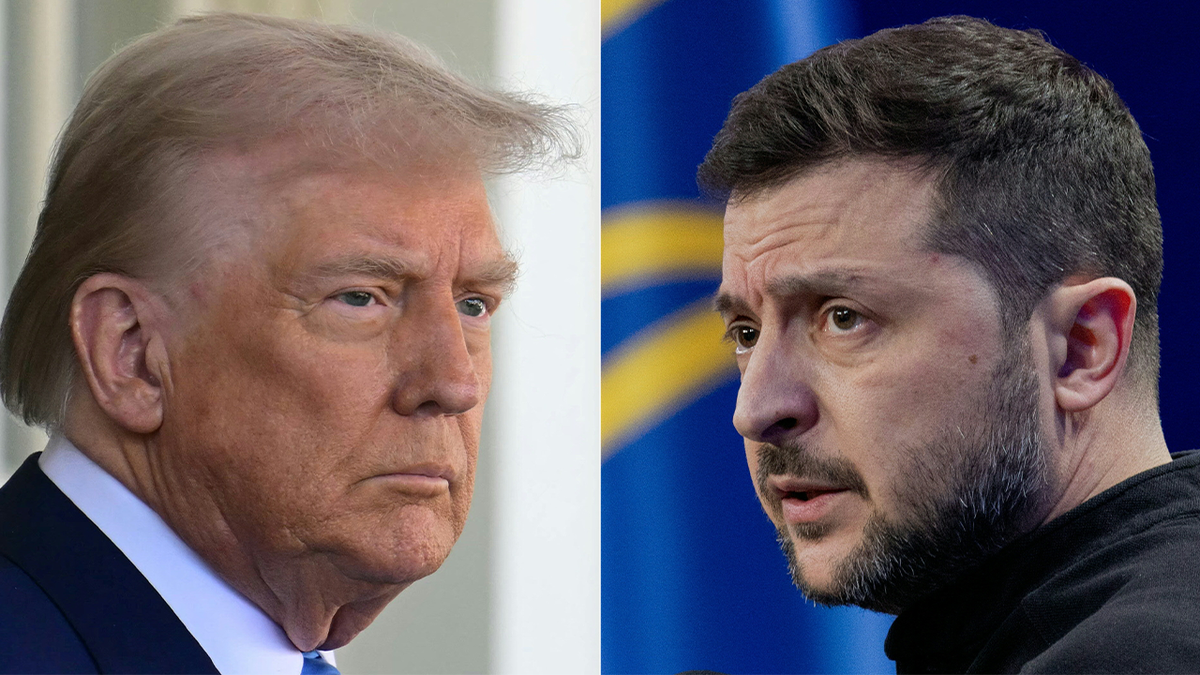
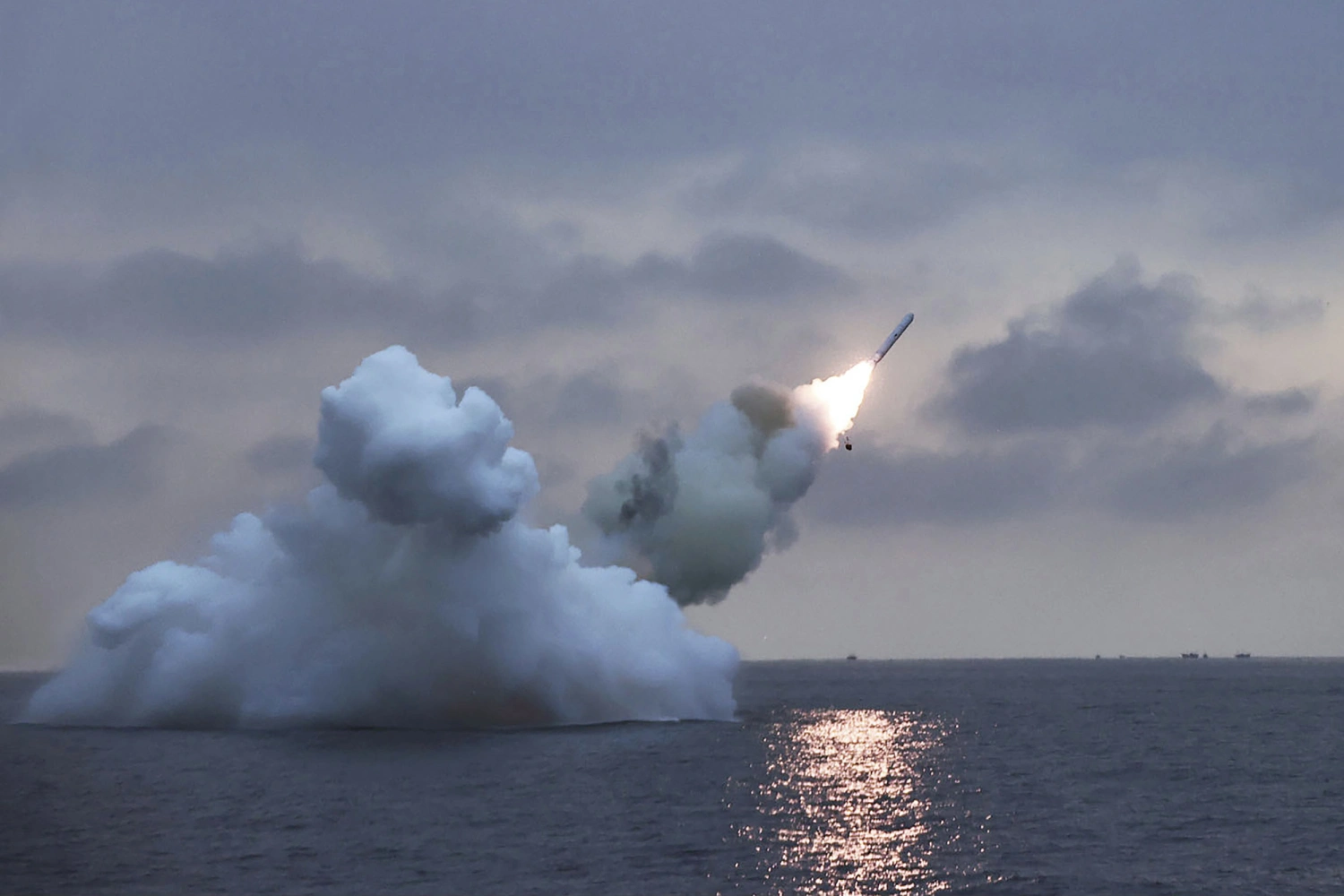

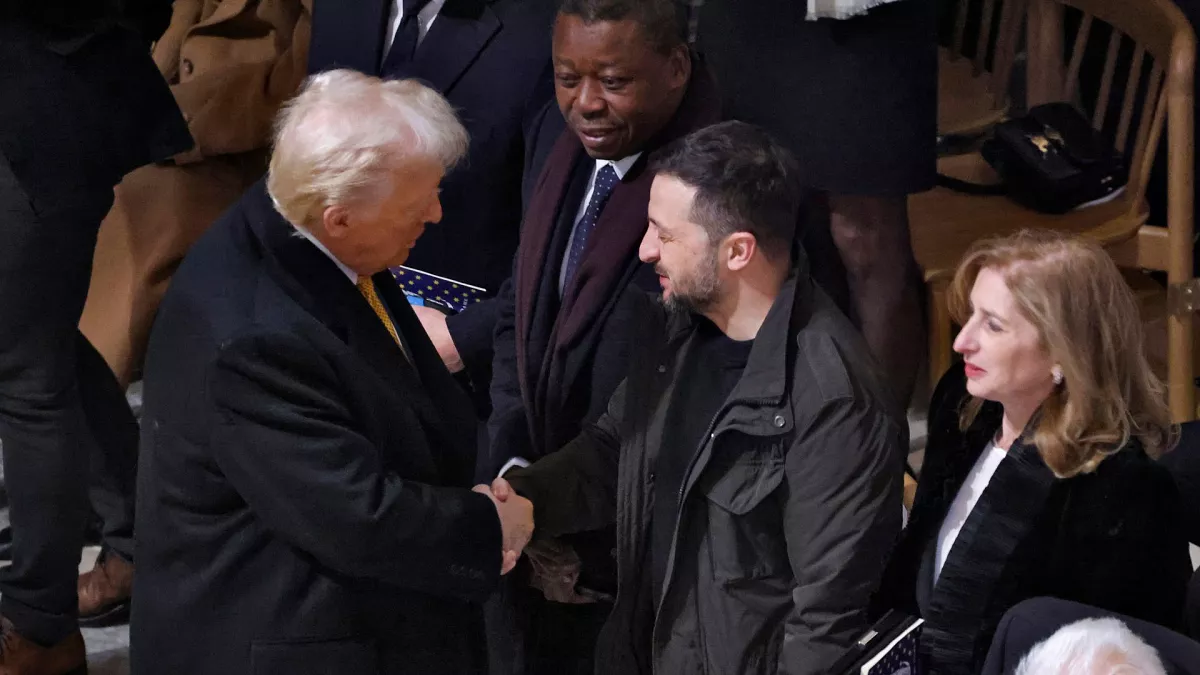
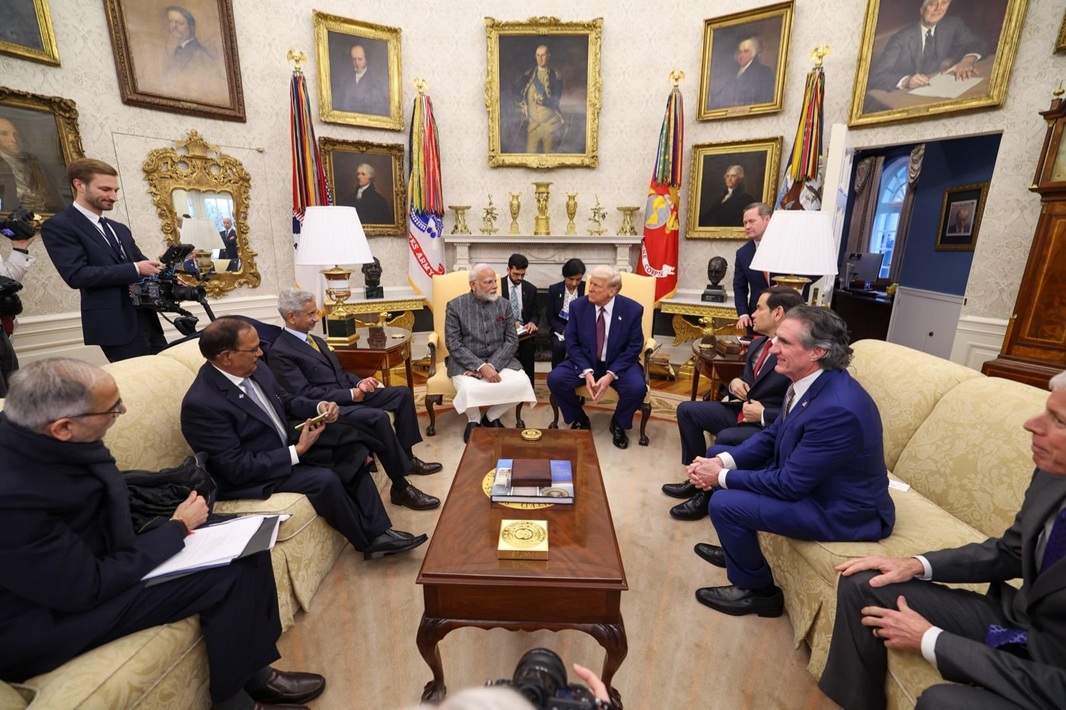
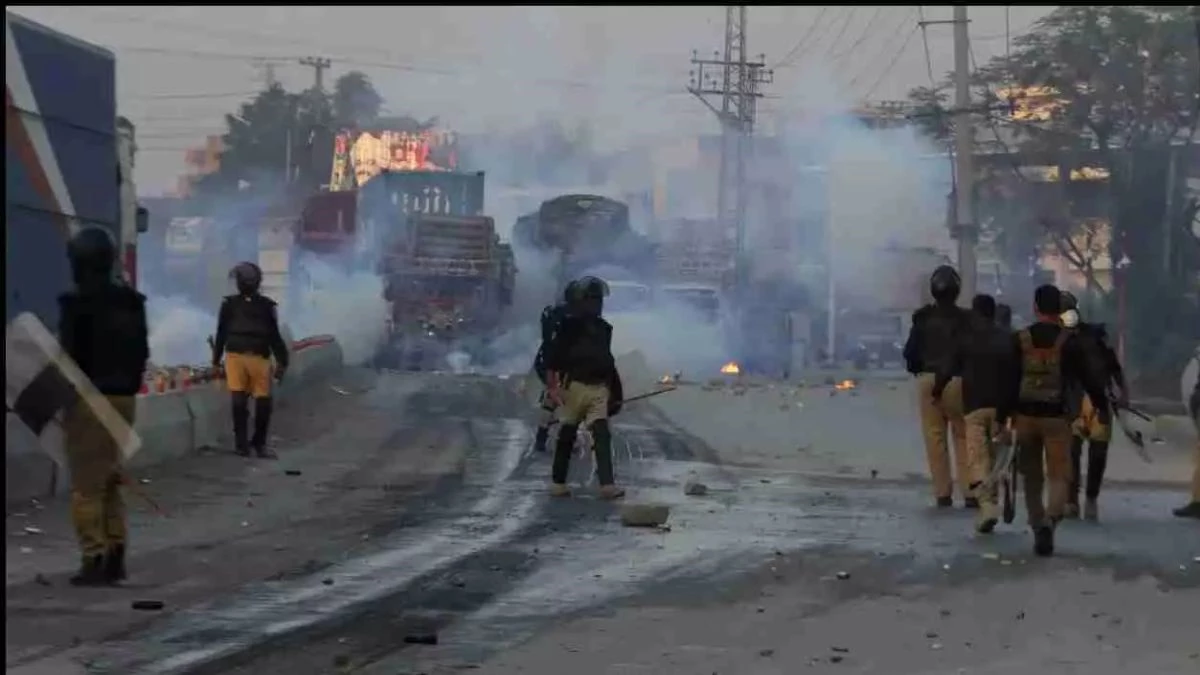
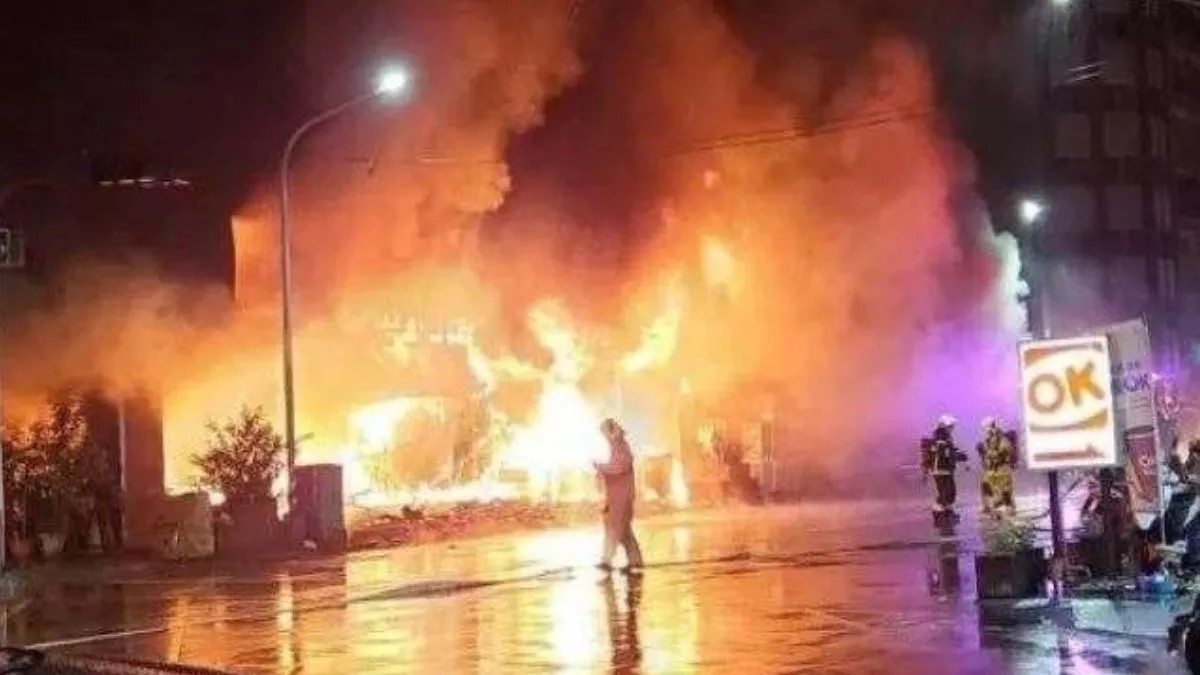
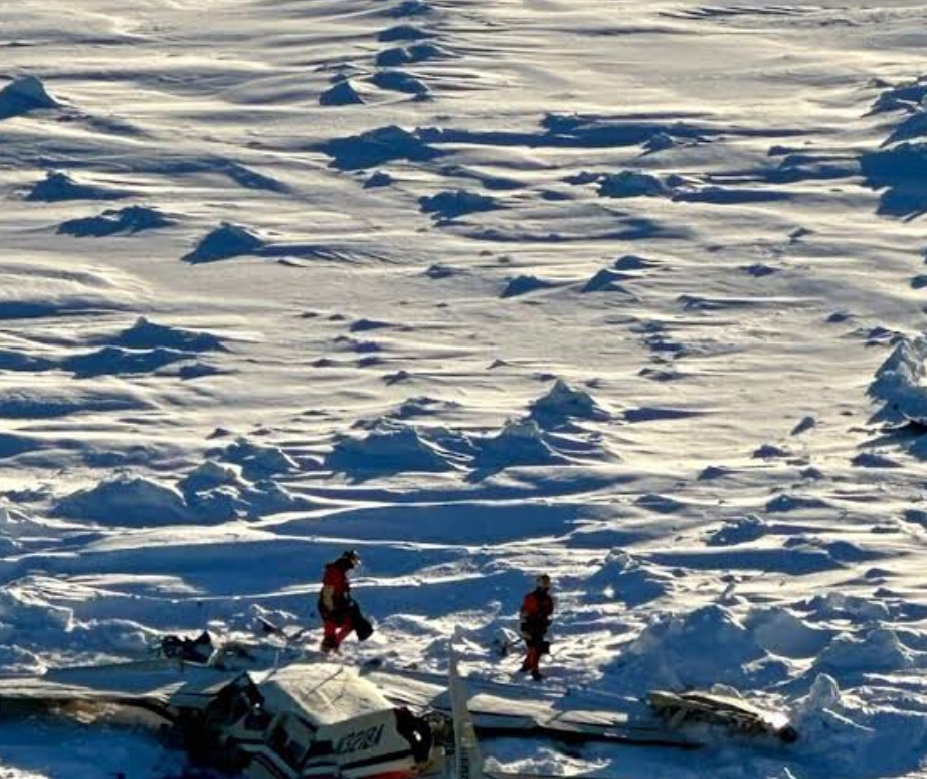

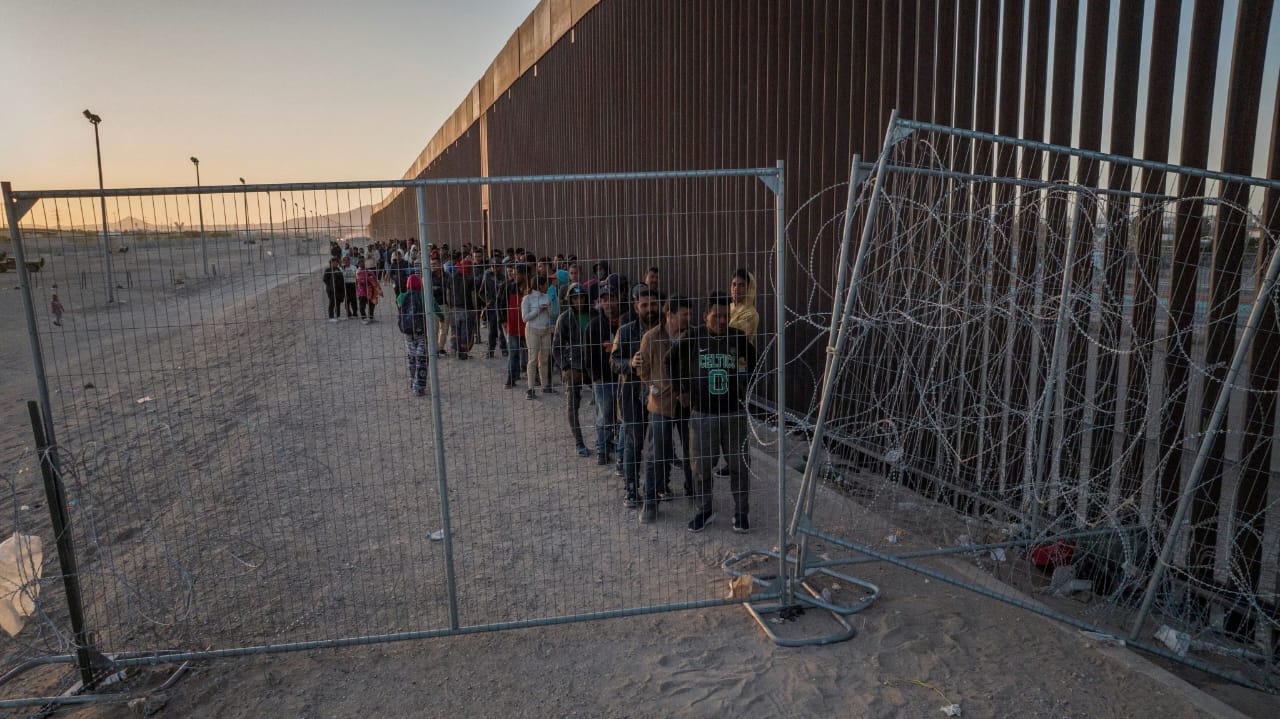

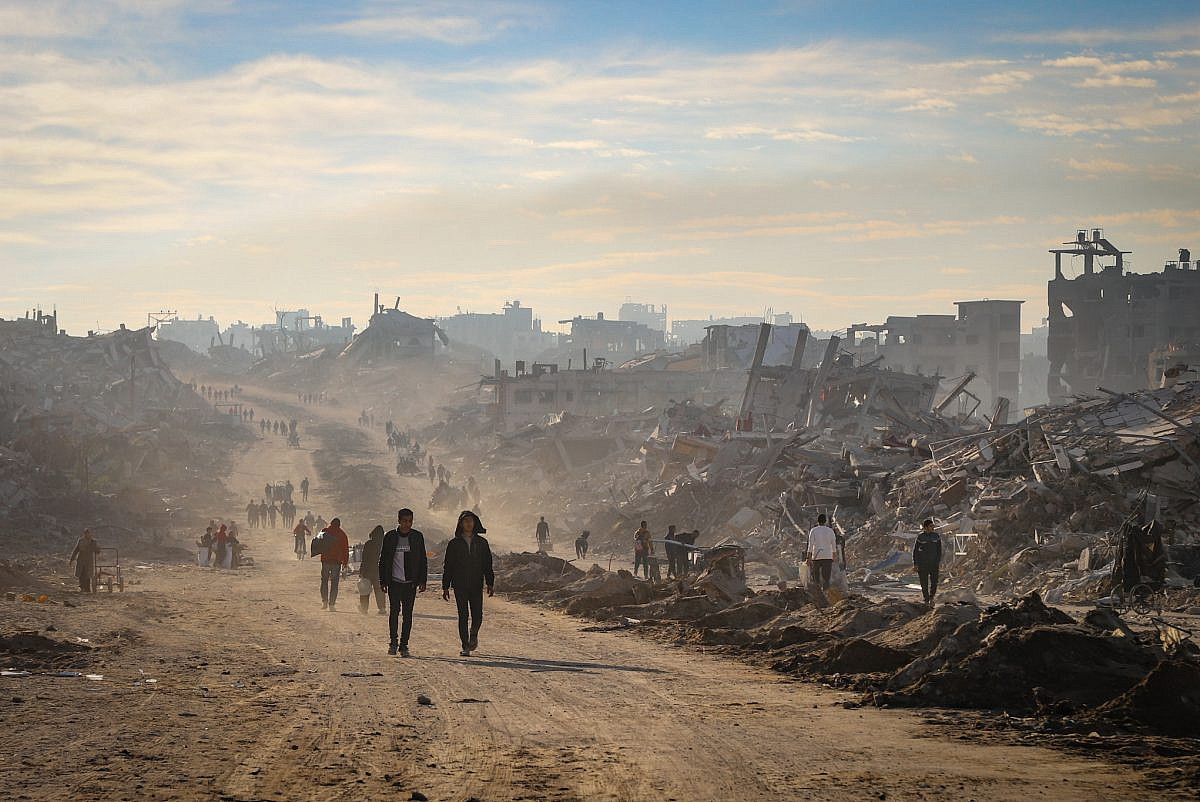
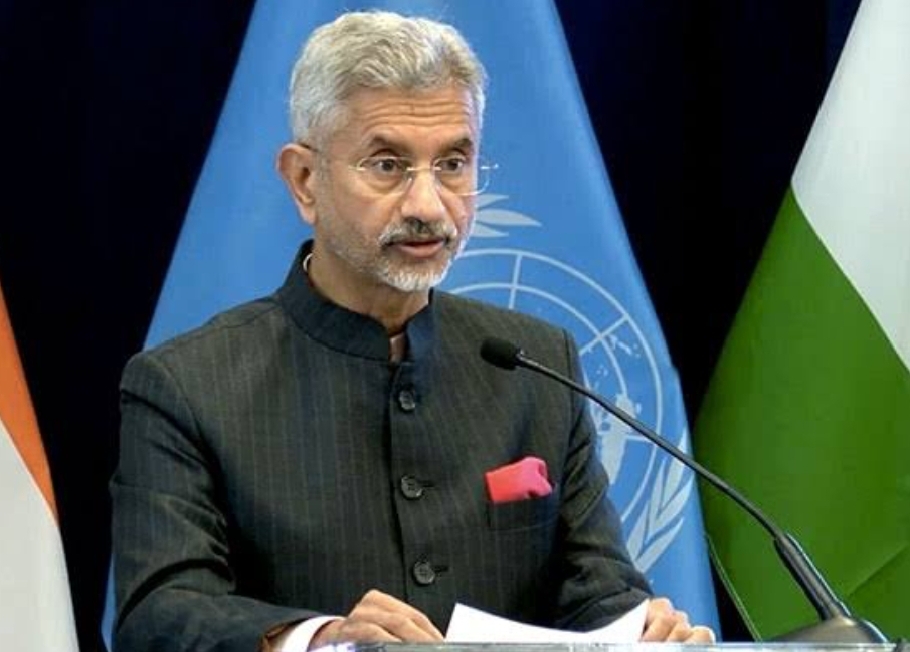
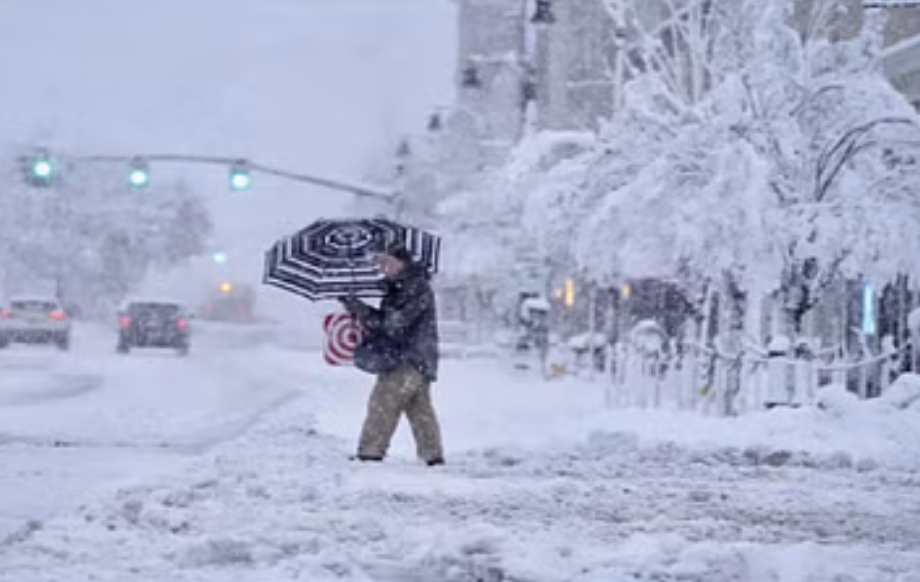
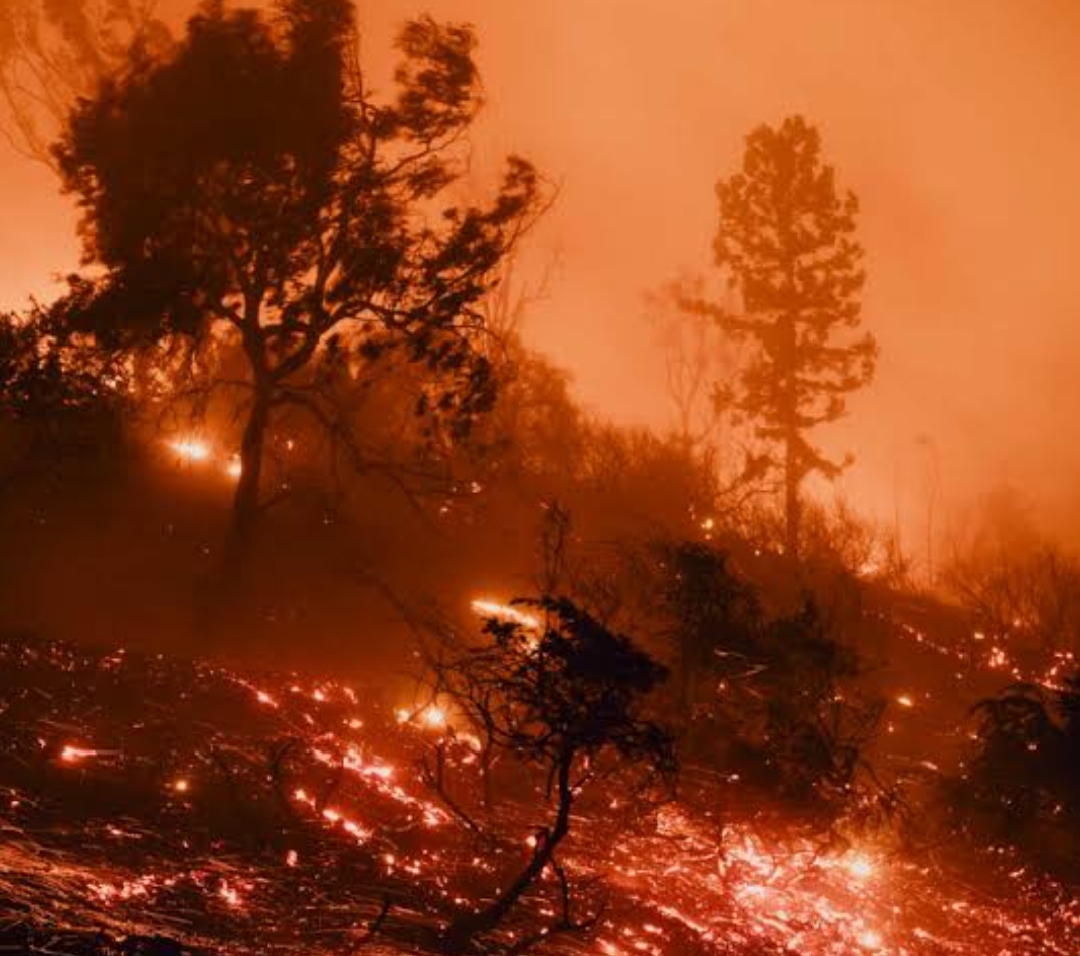


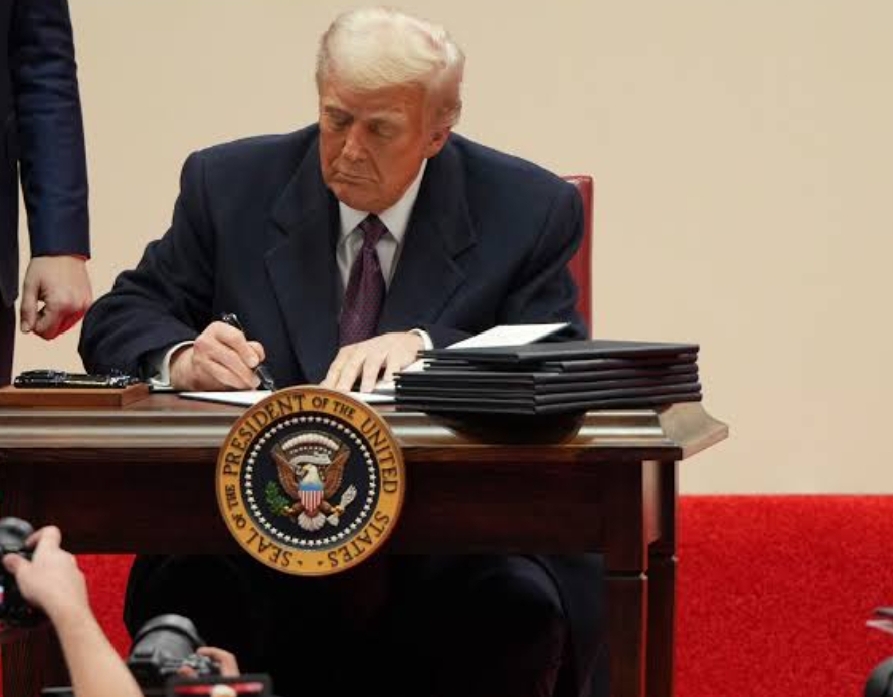

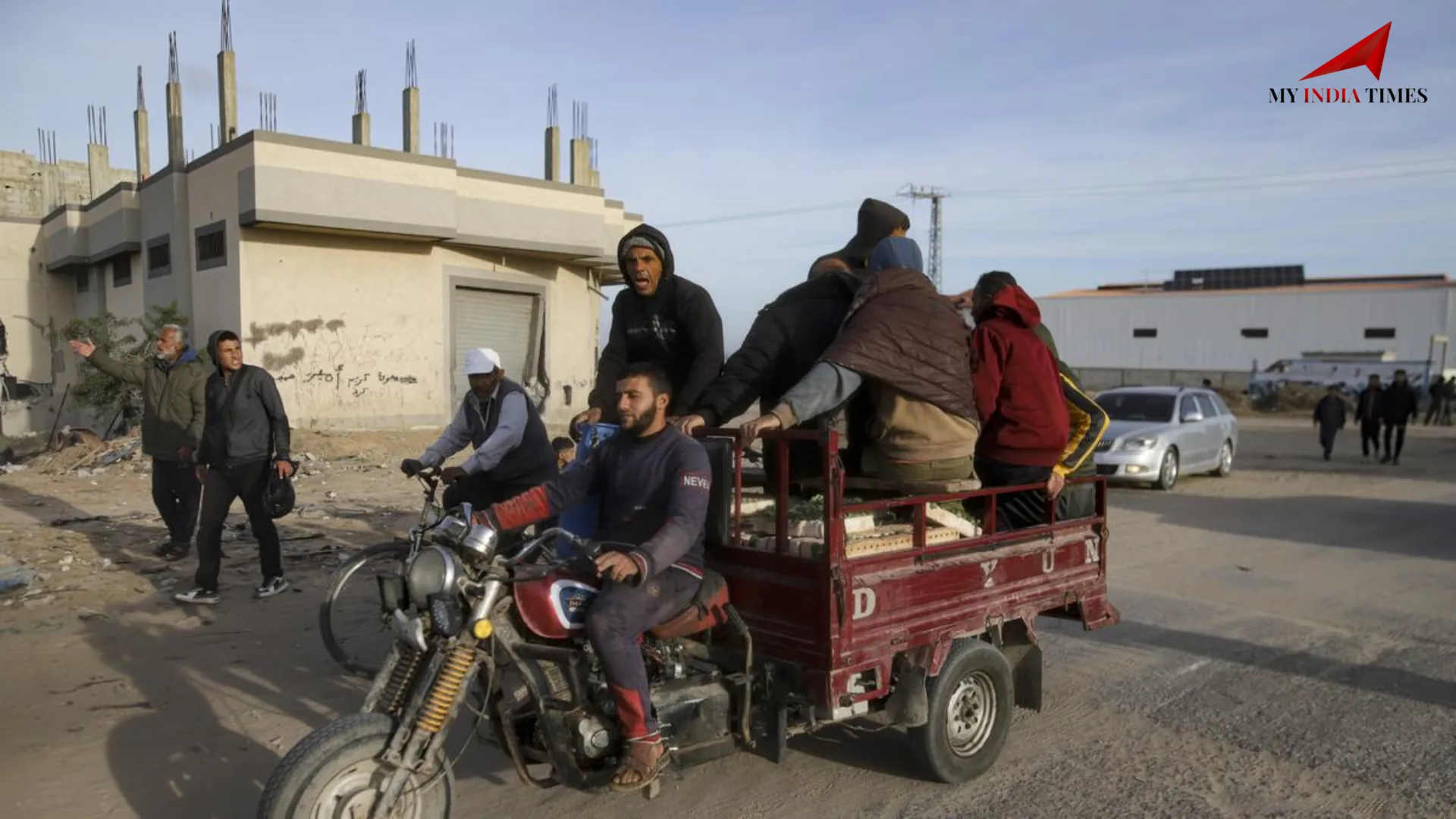


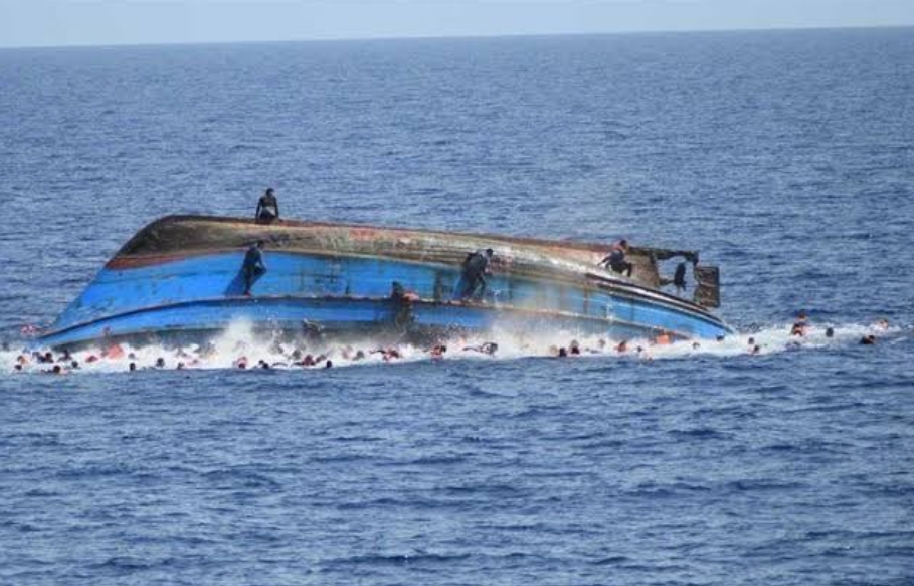
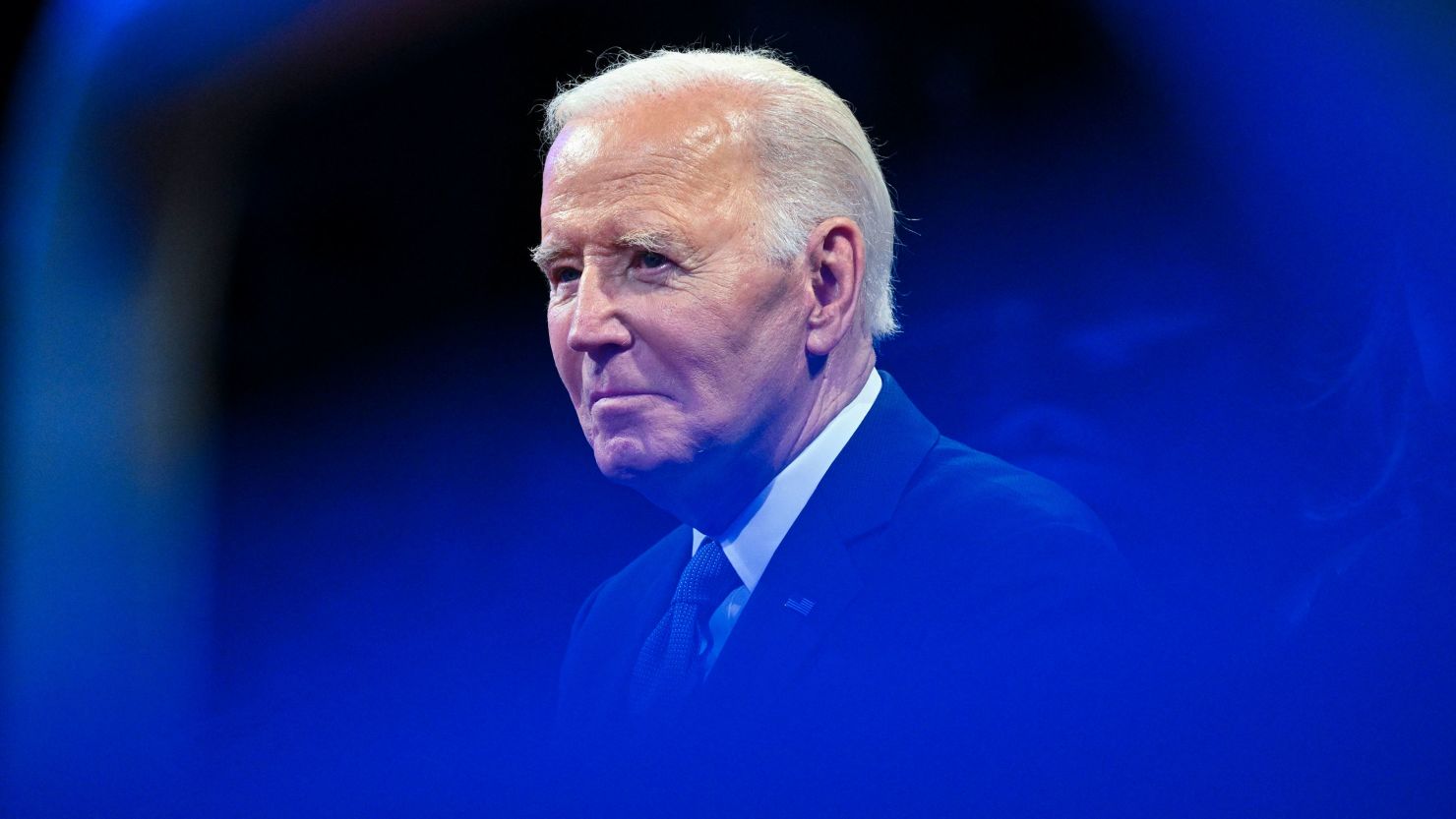
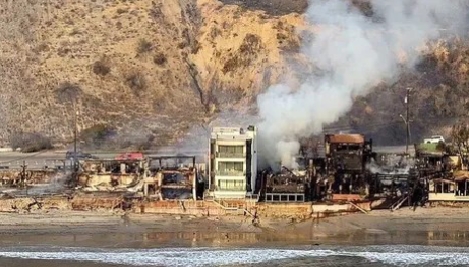



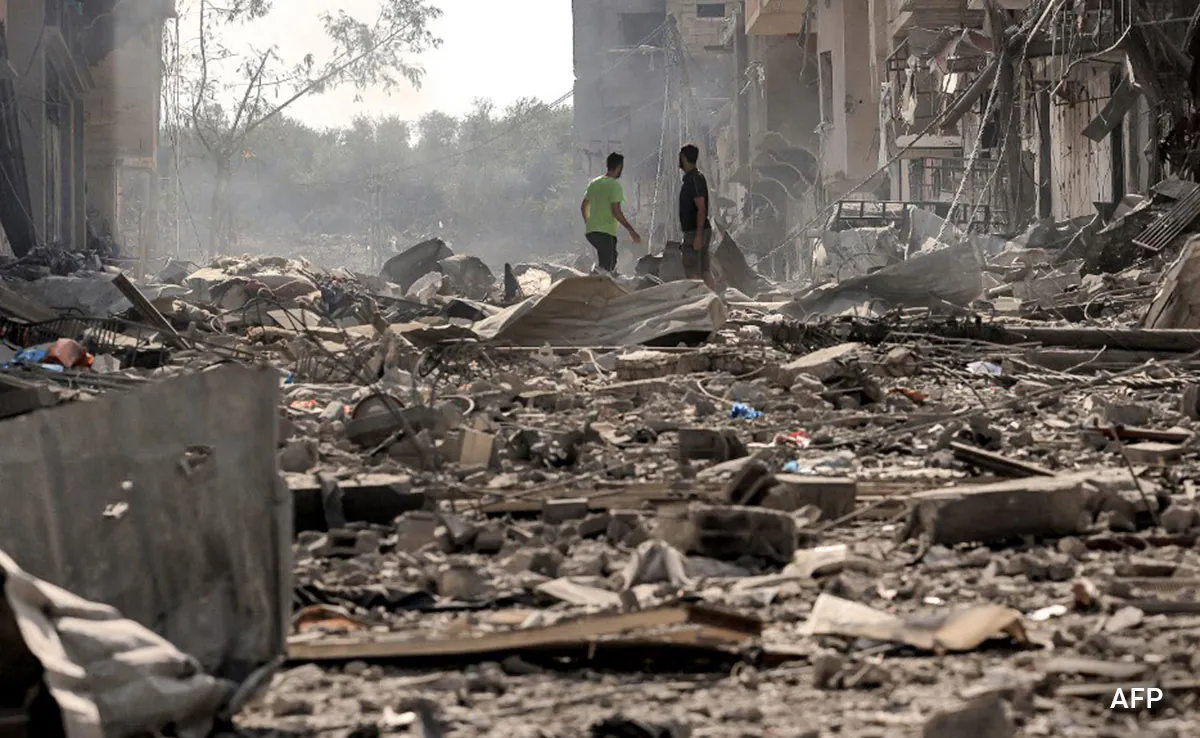
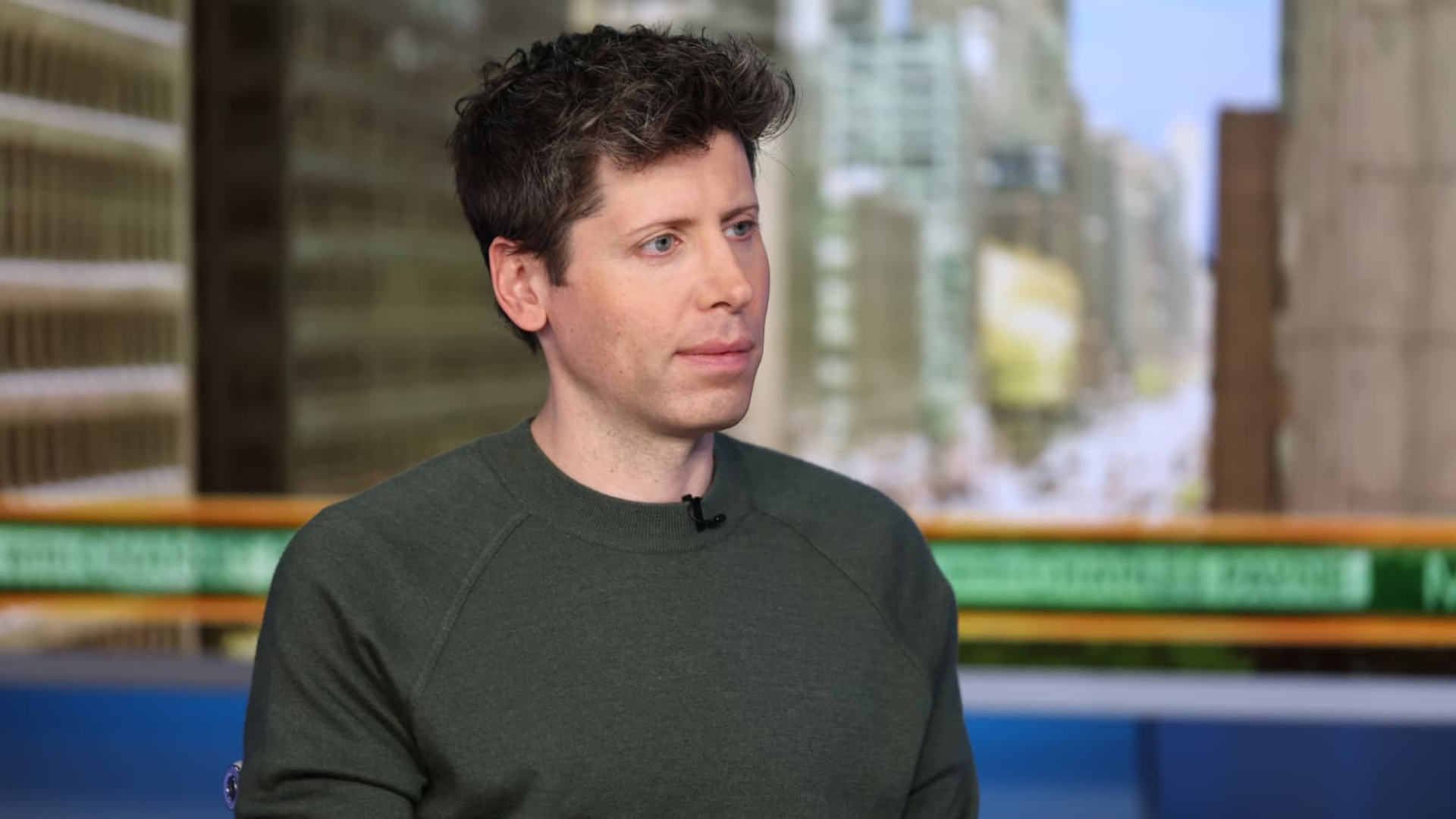
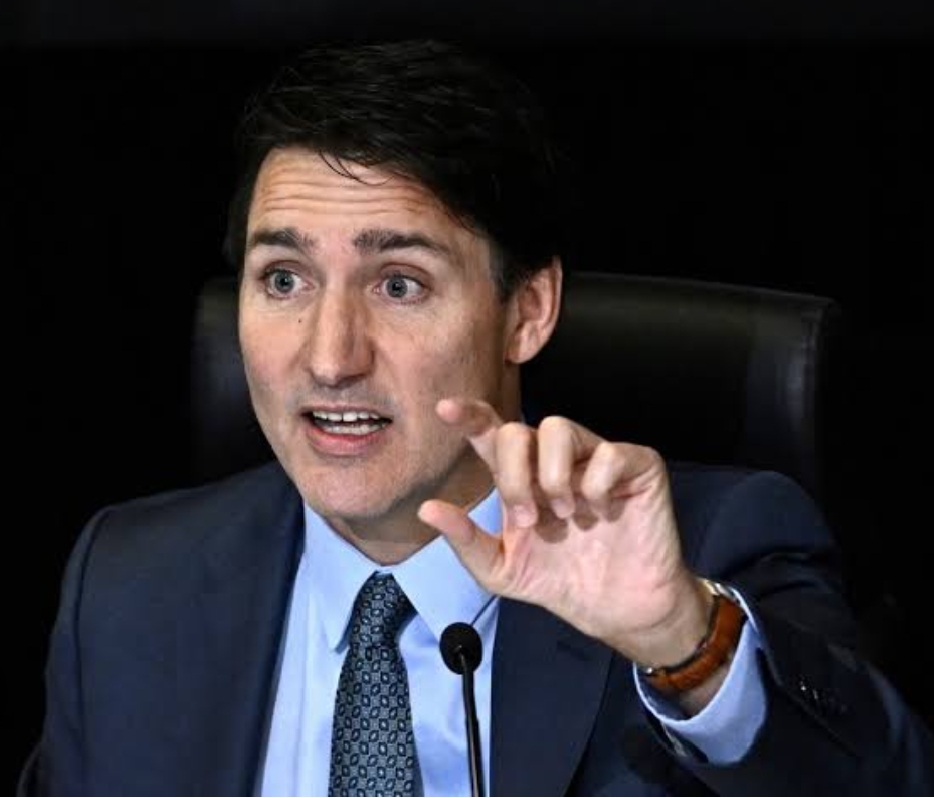
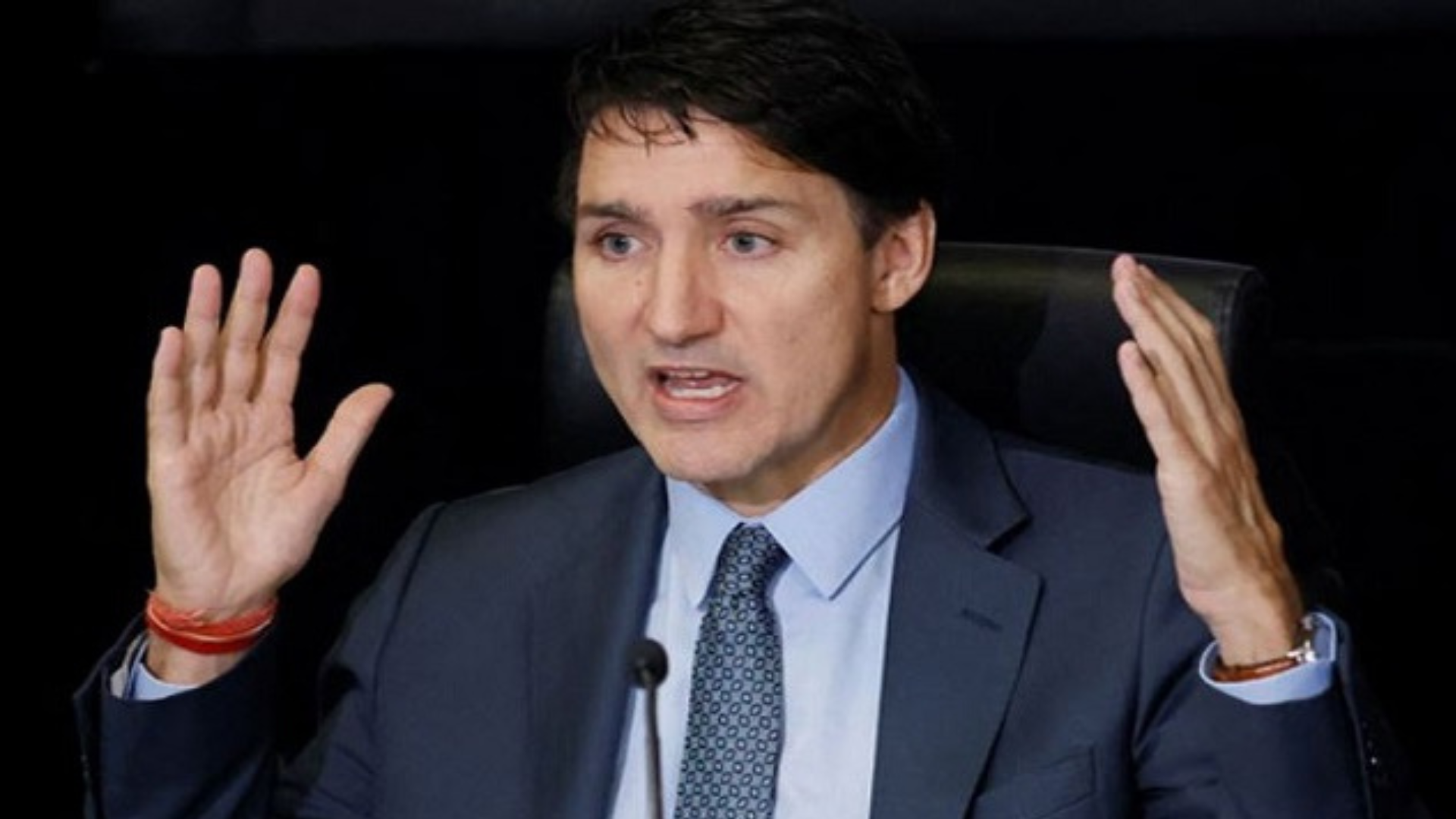
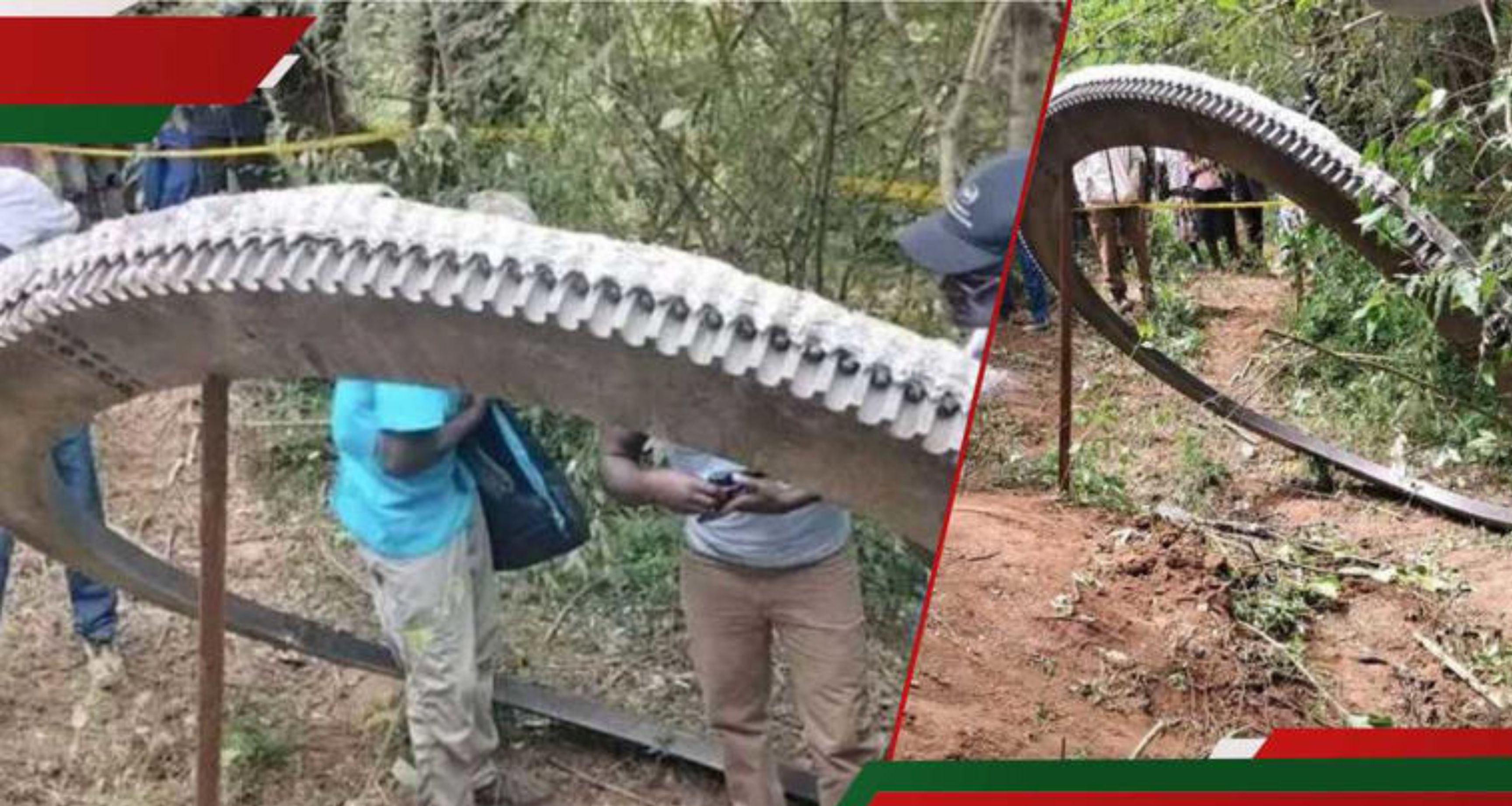
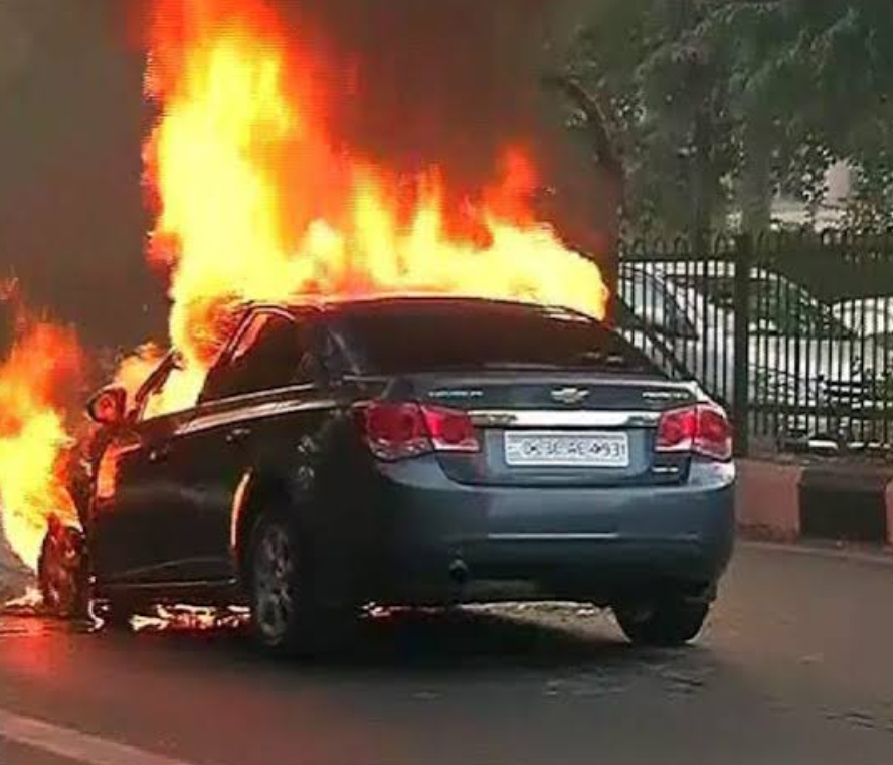
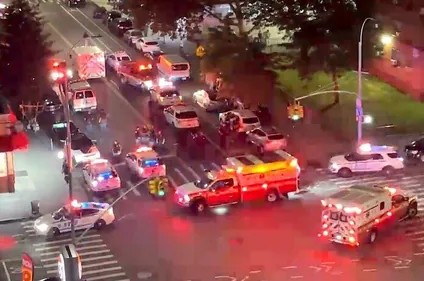
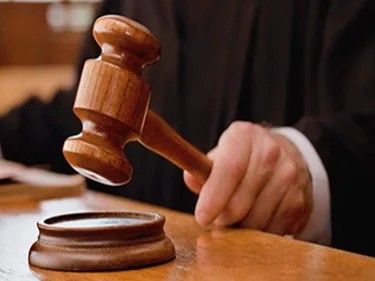
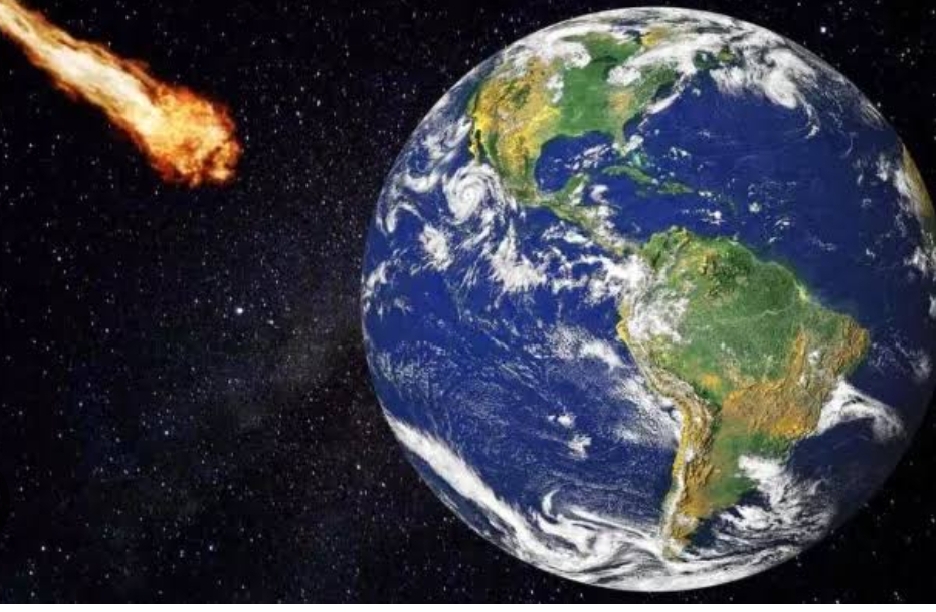

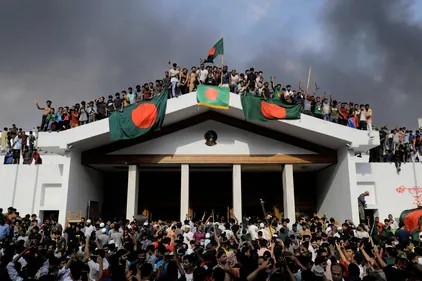


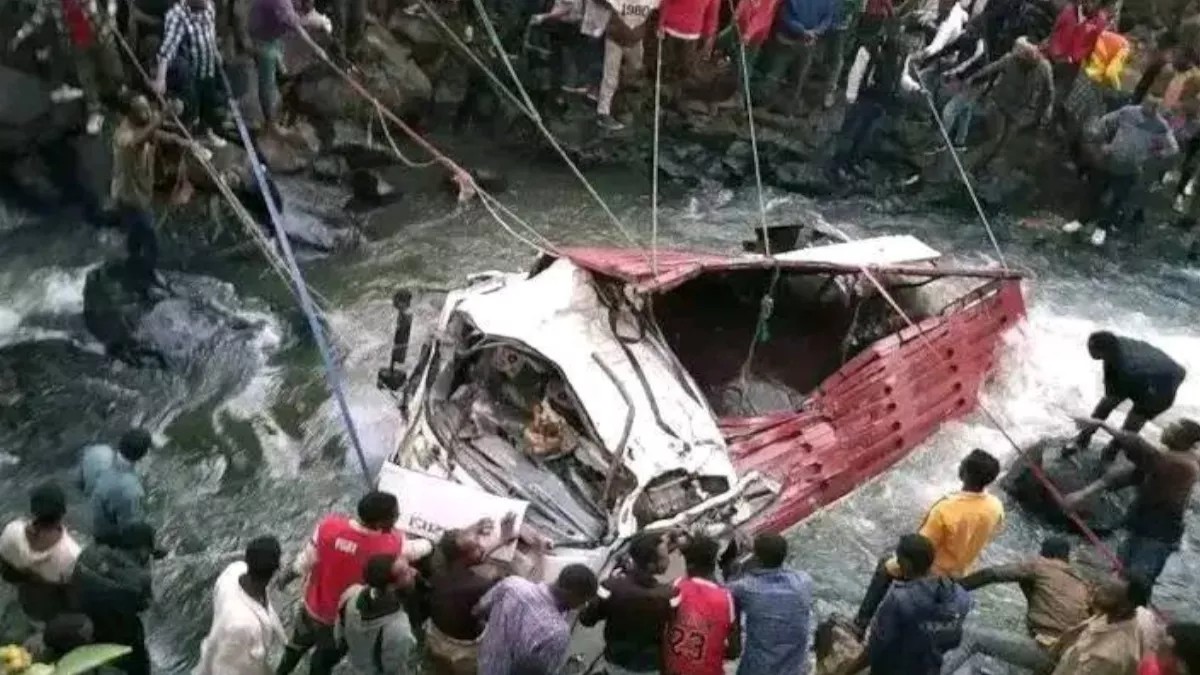
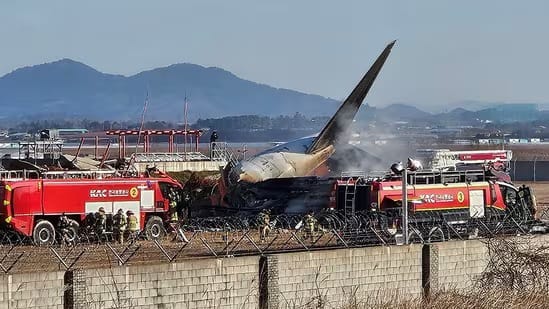
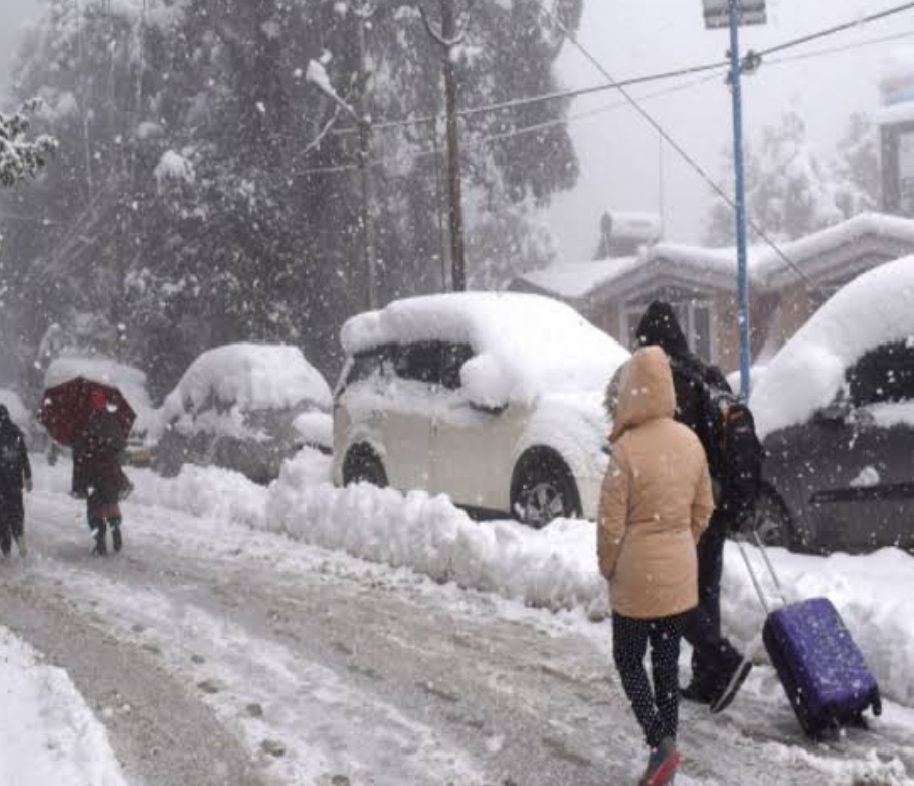
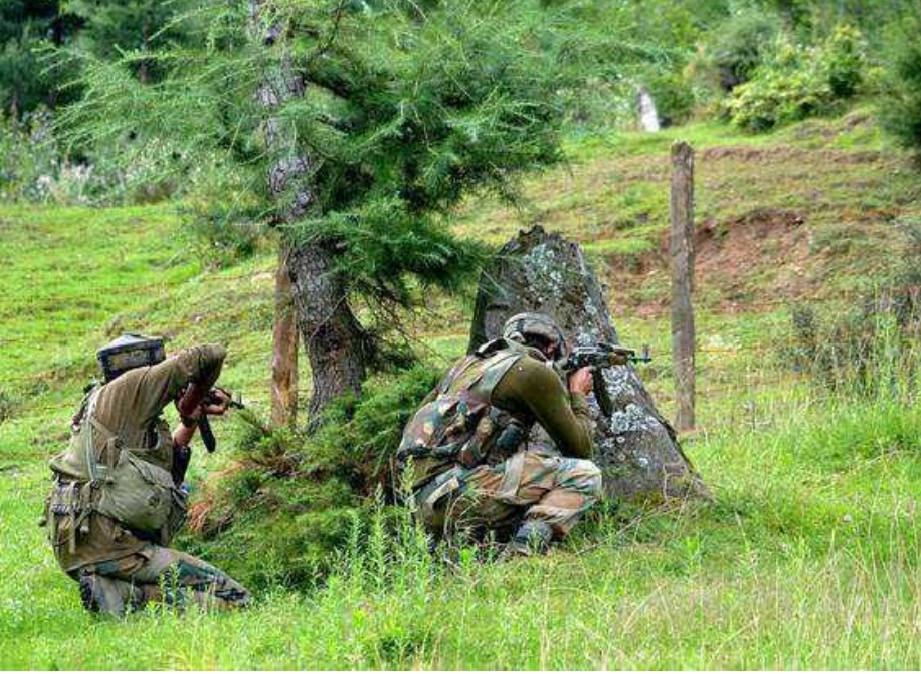
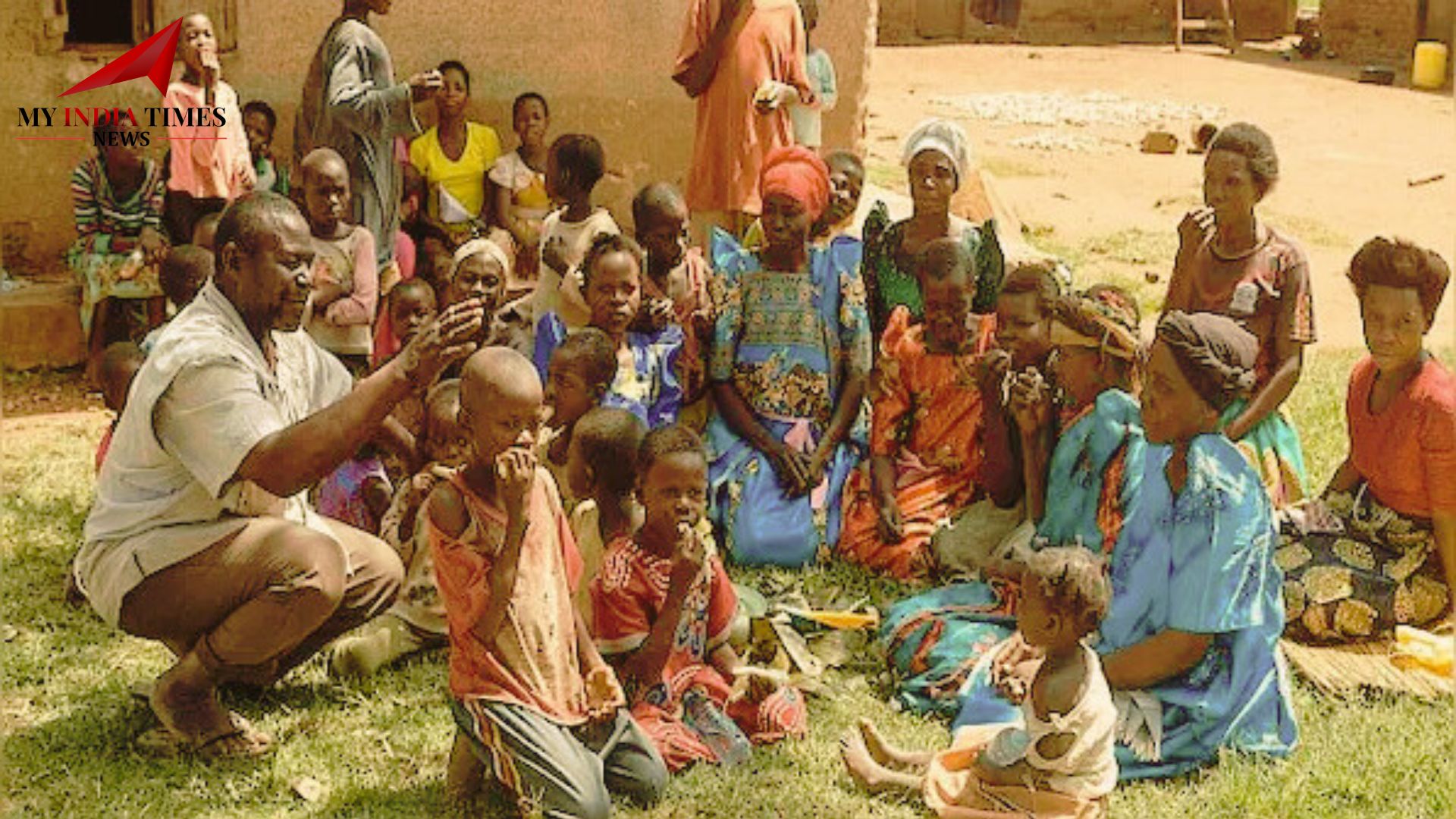
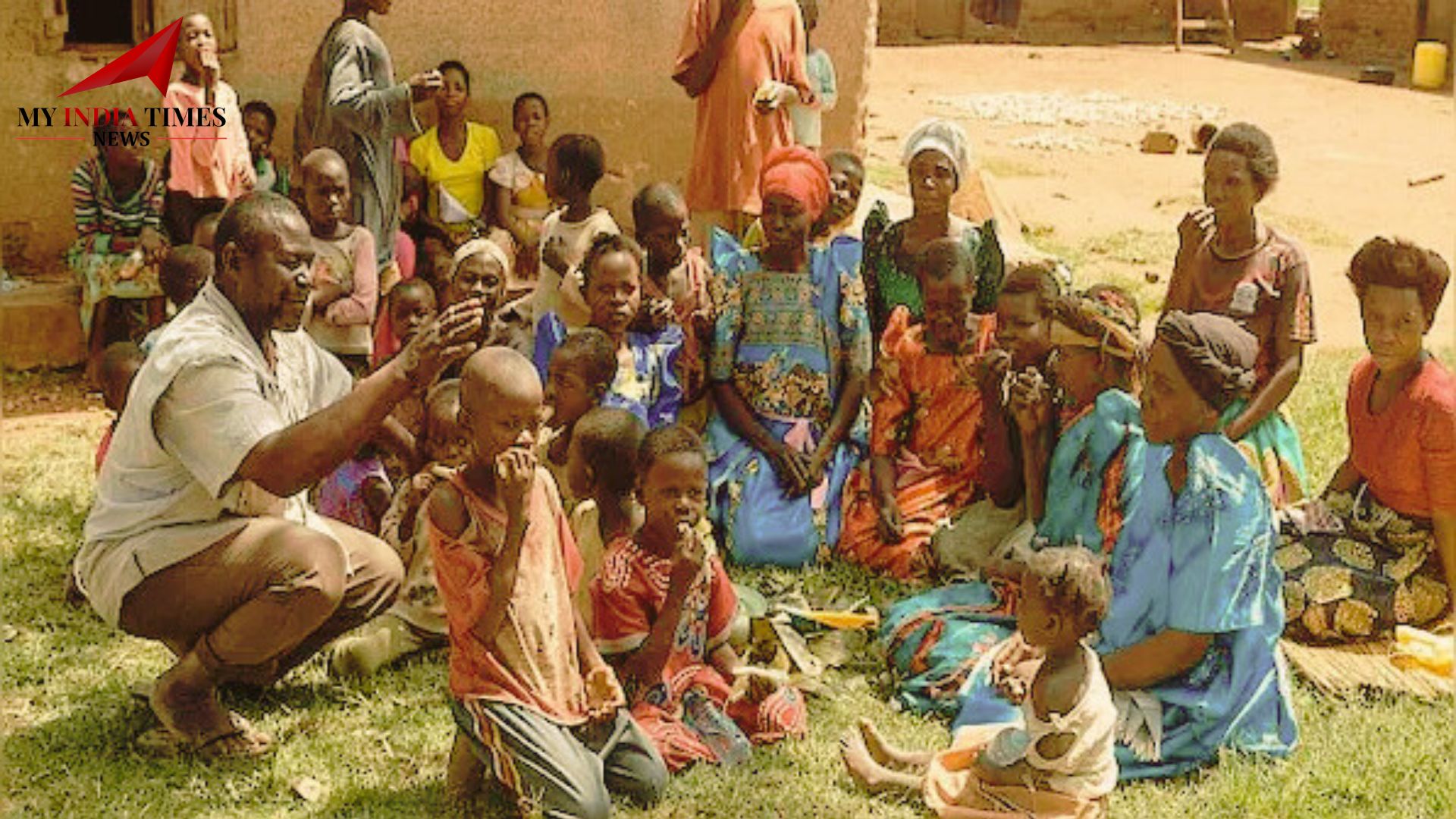
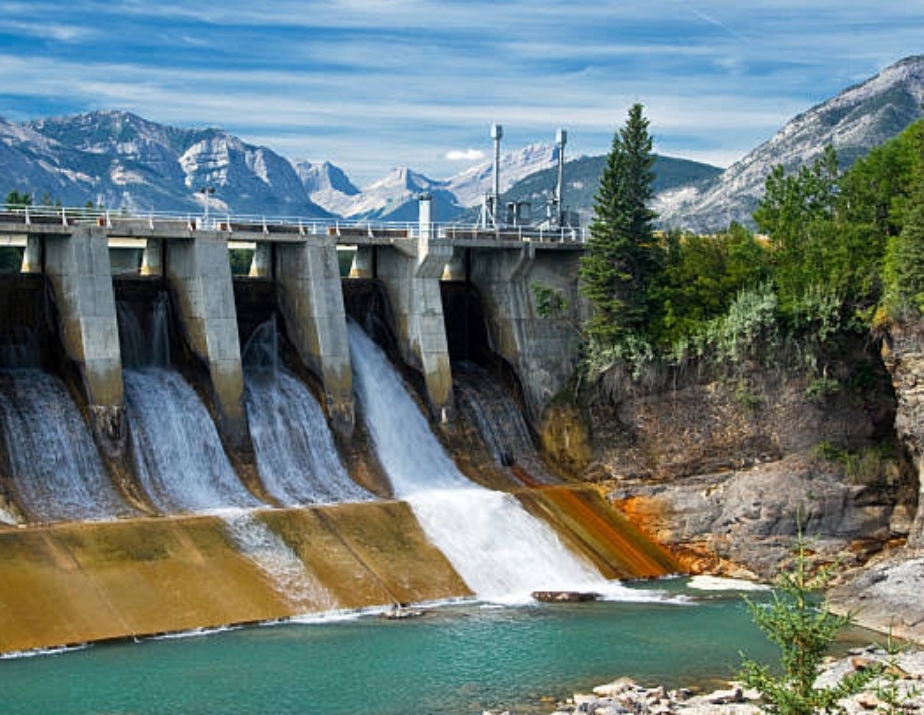
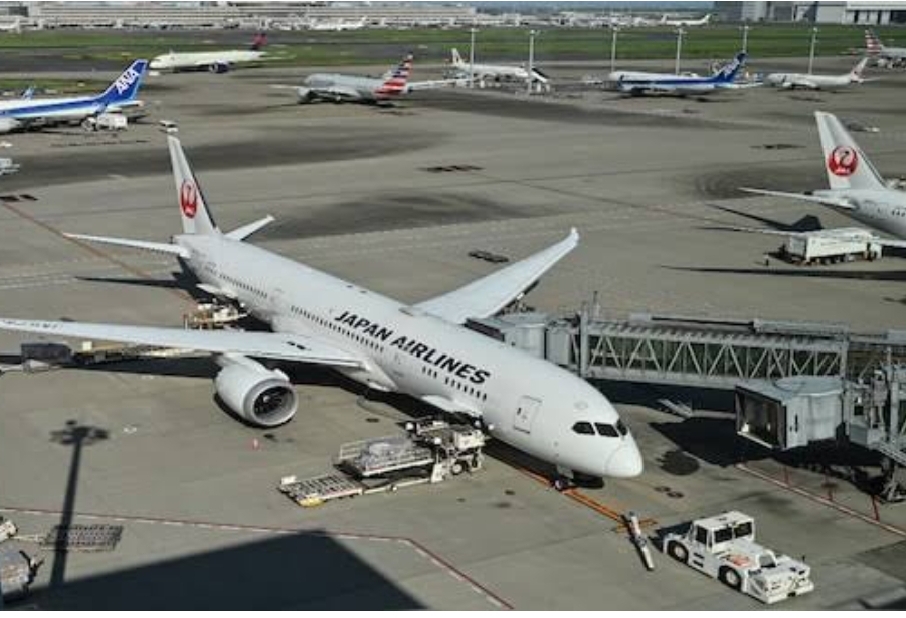
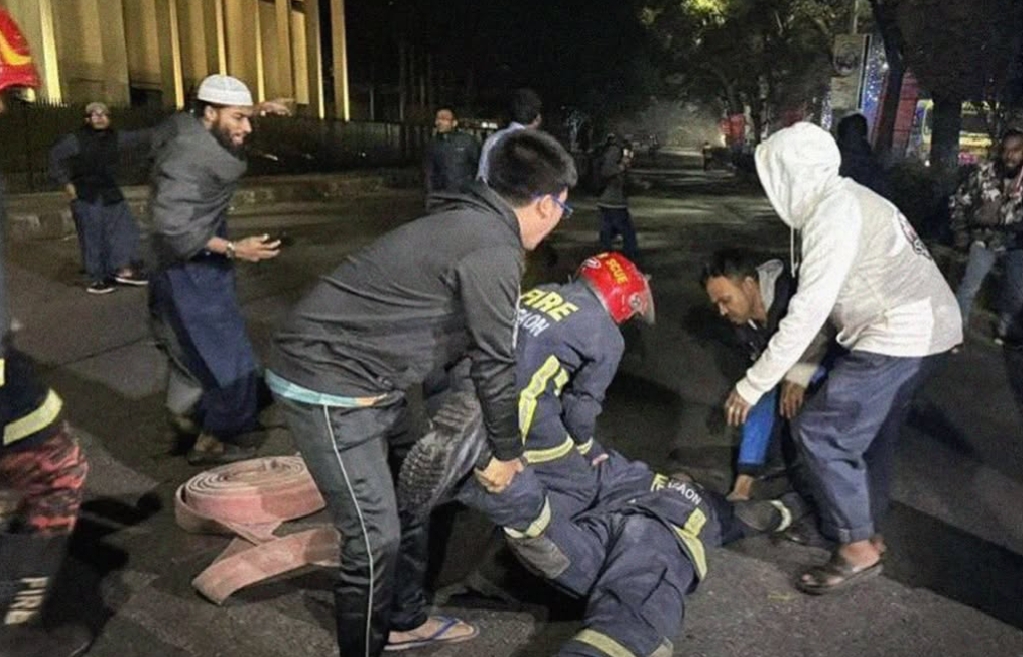
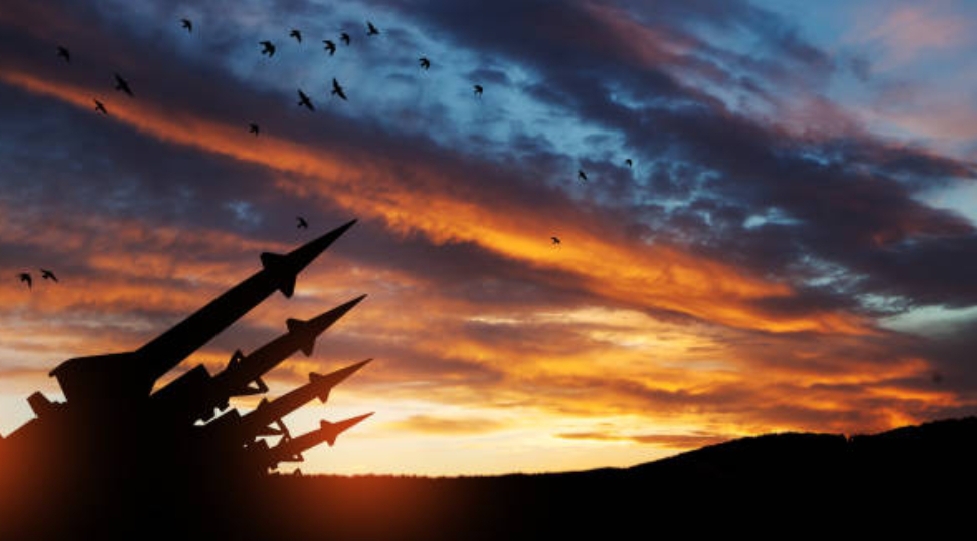
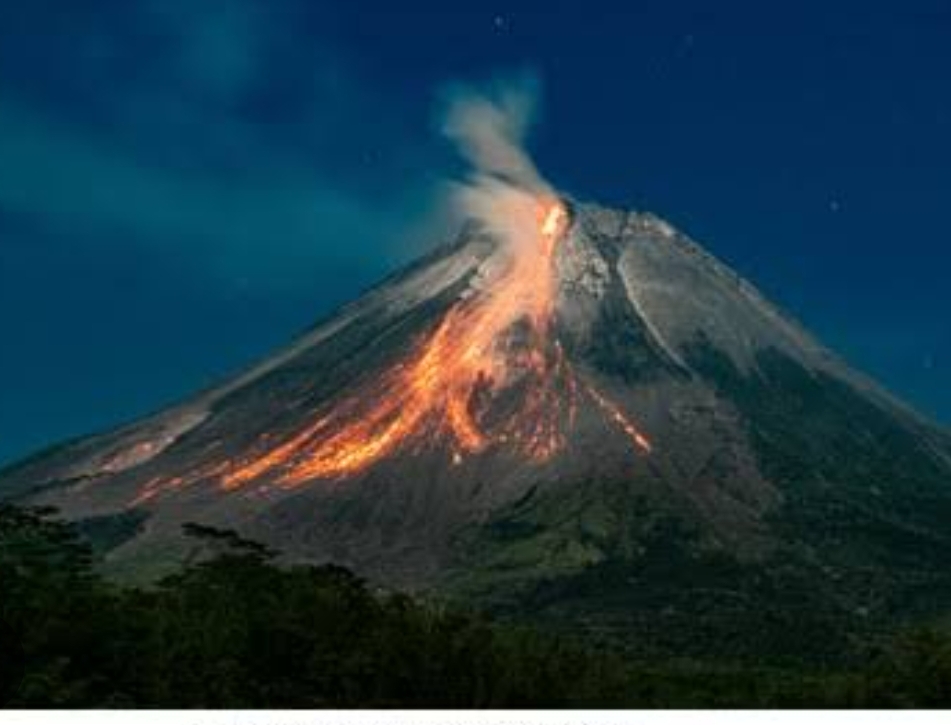
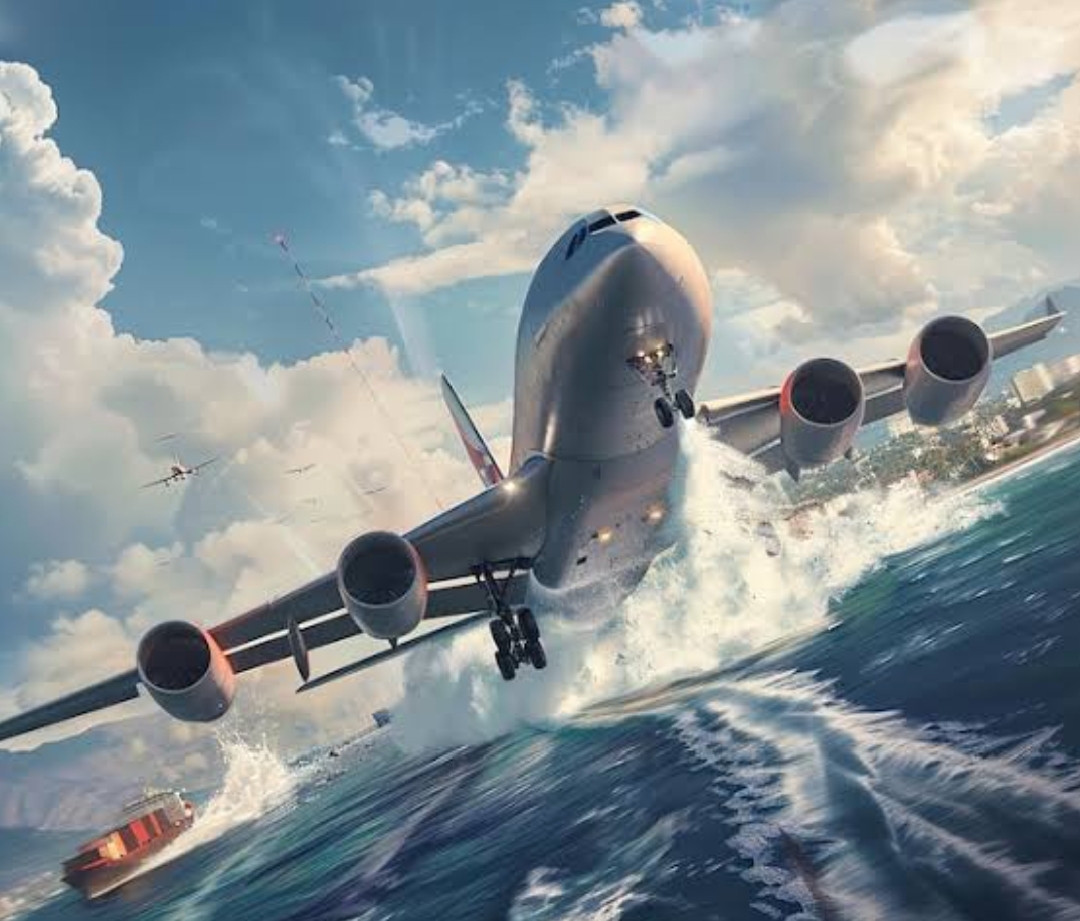
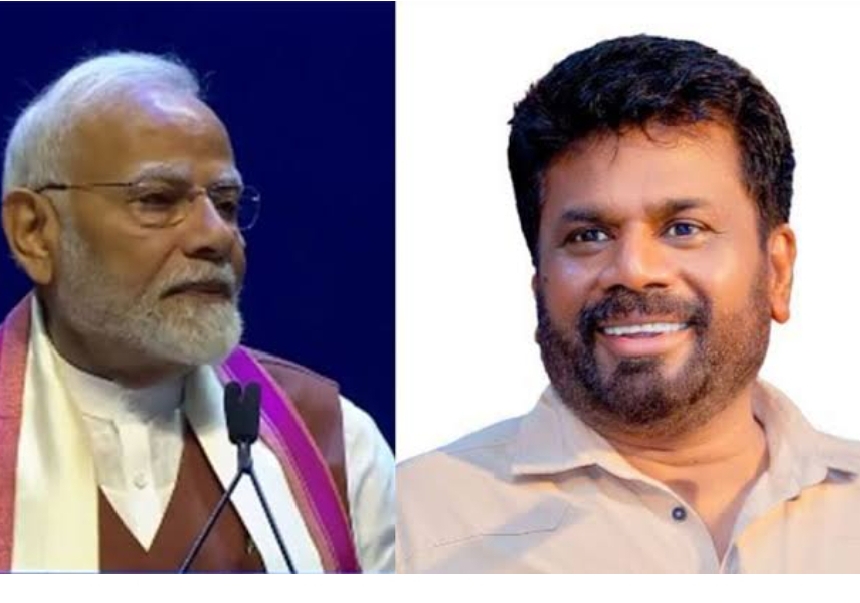
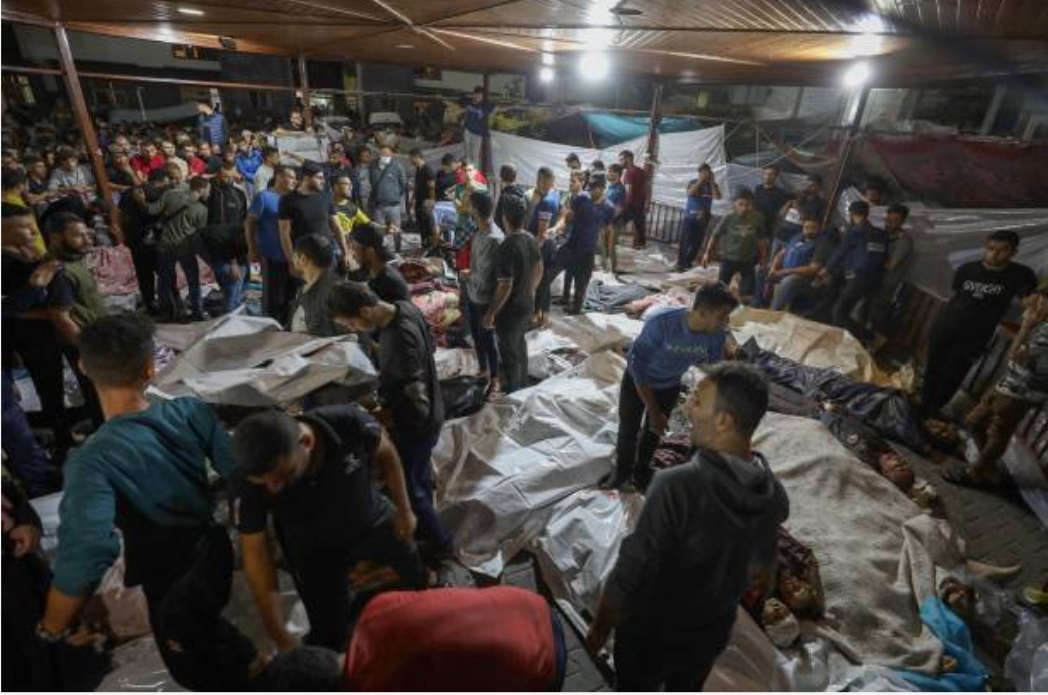
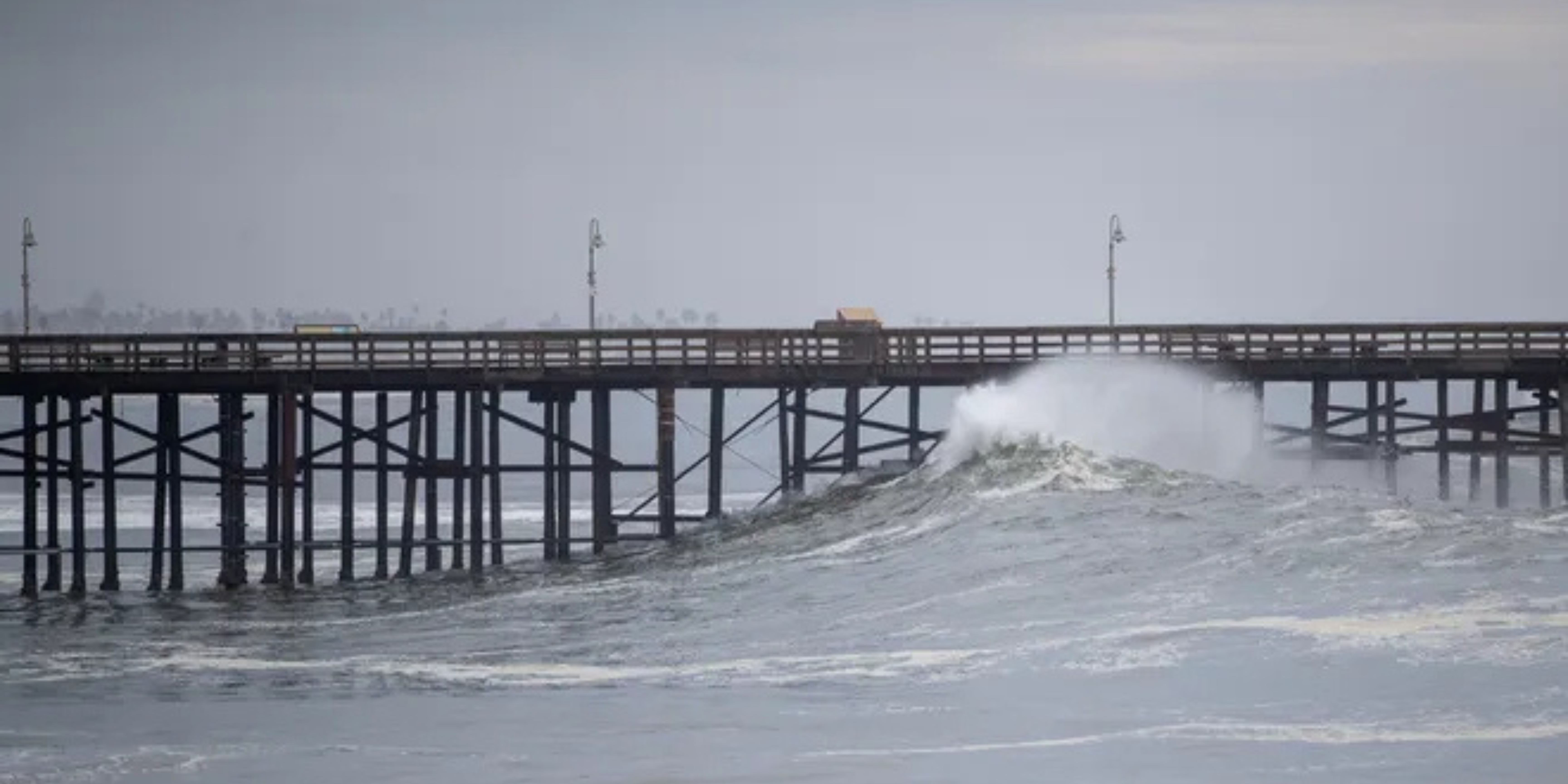




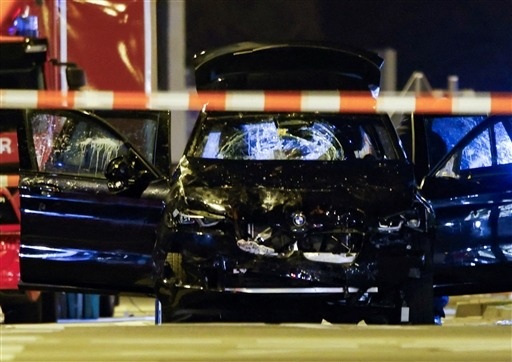
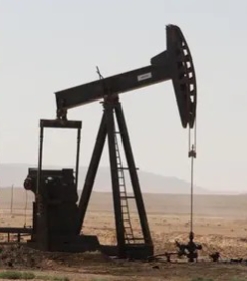

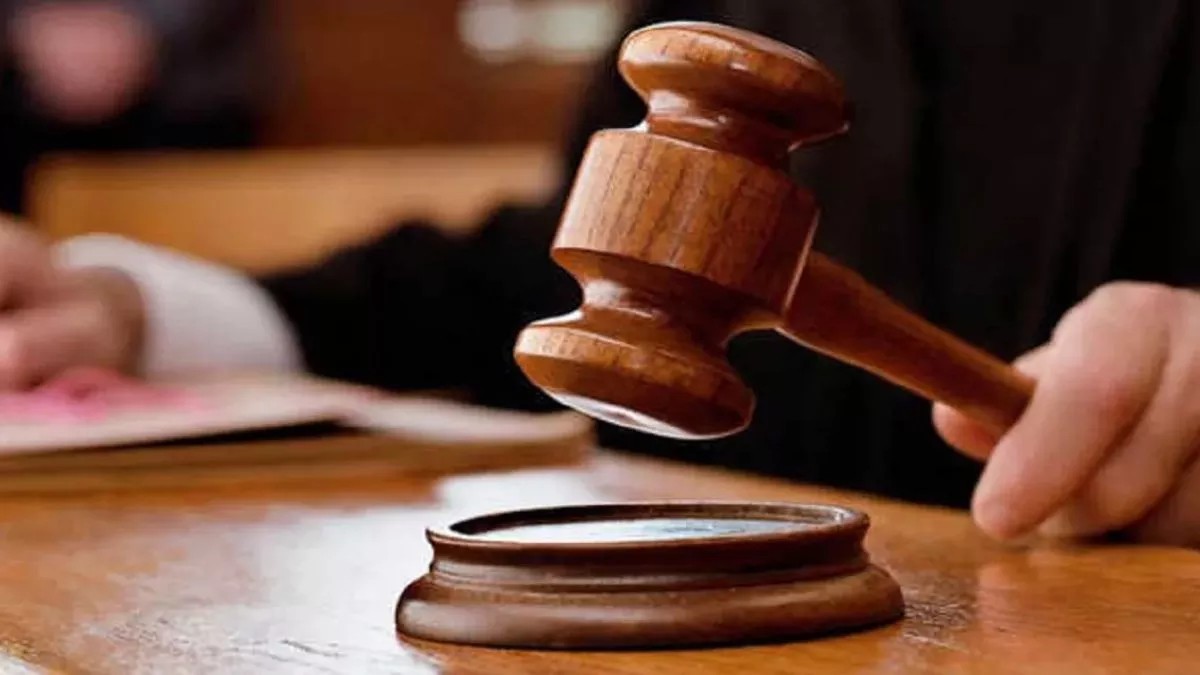

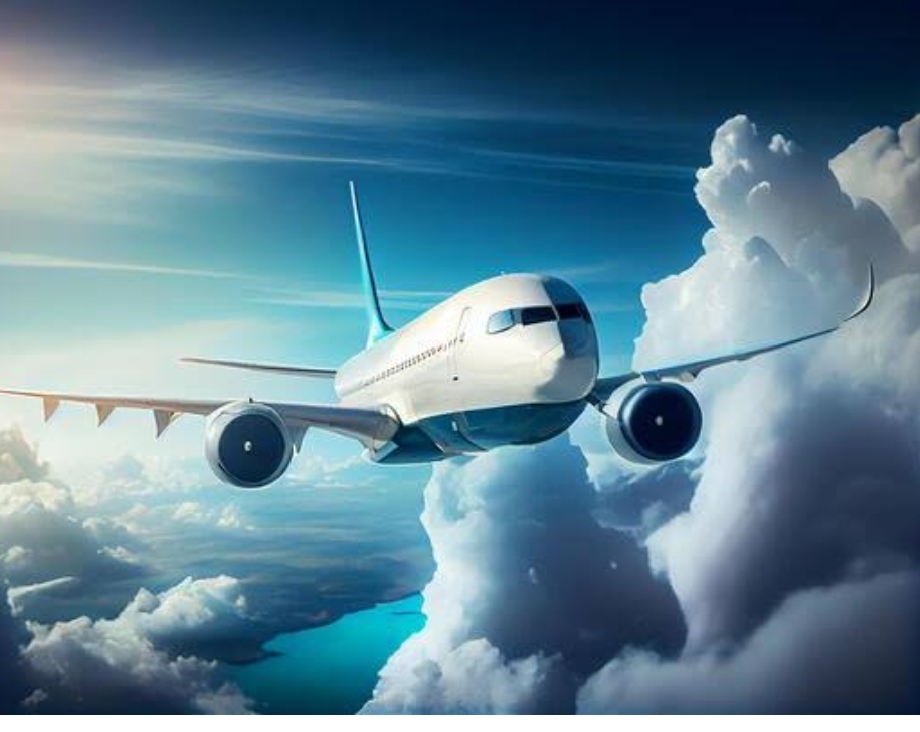
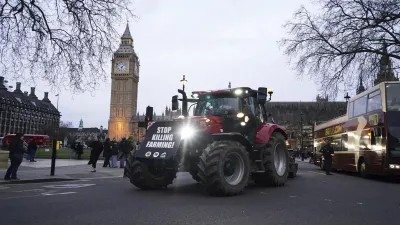
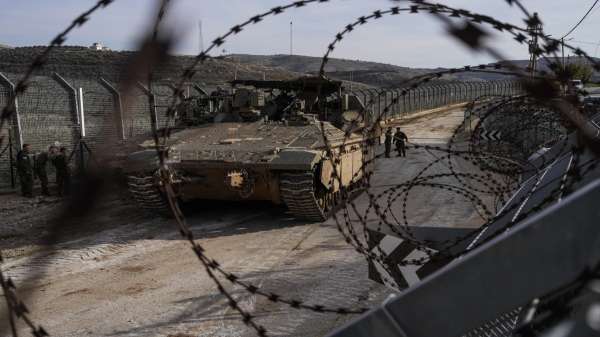
.png)
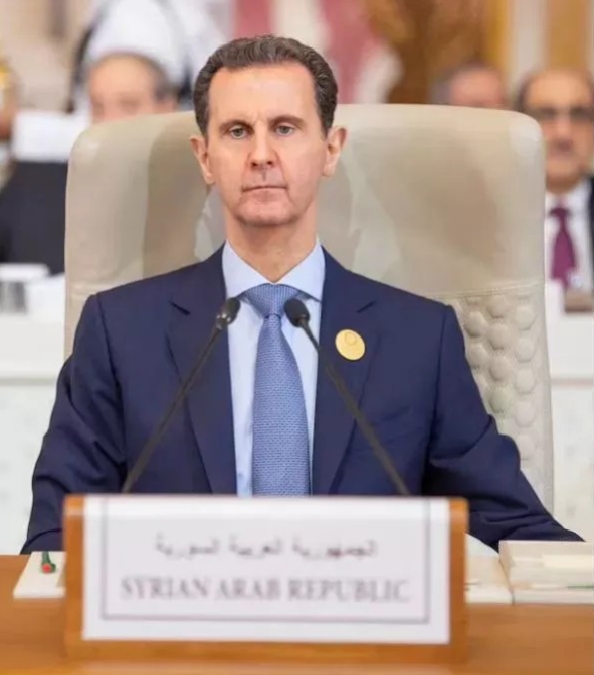

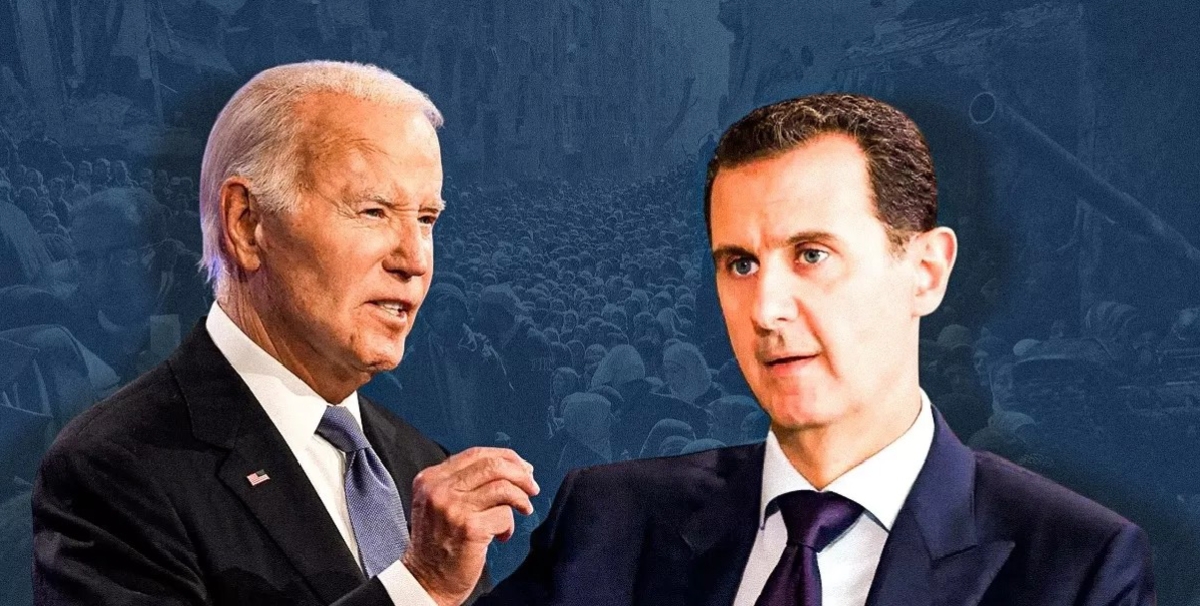
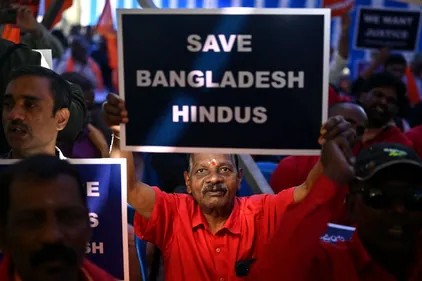
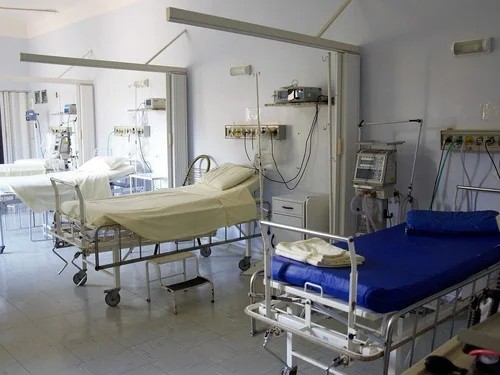

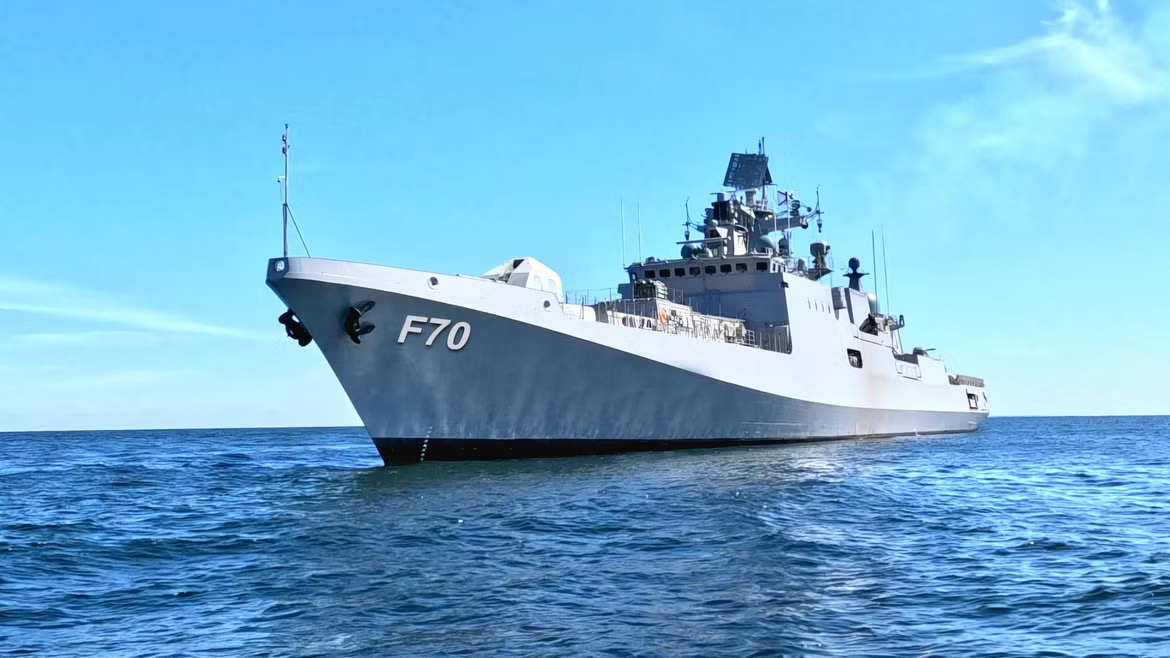

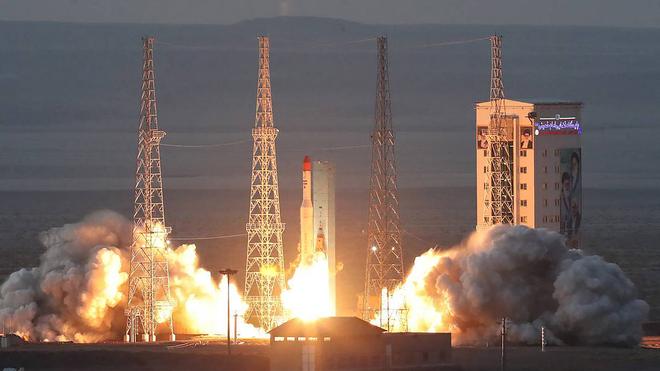
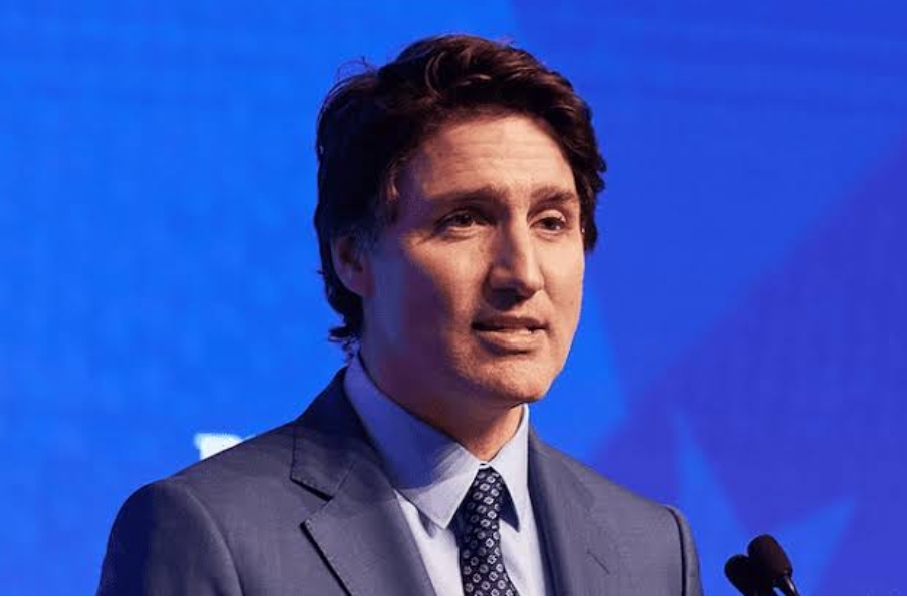



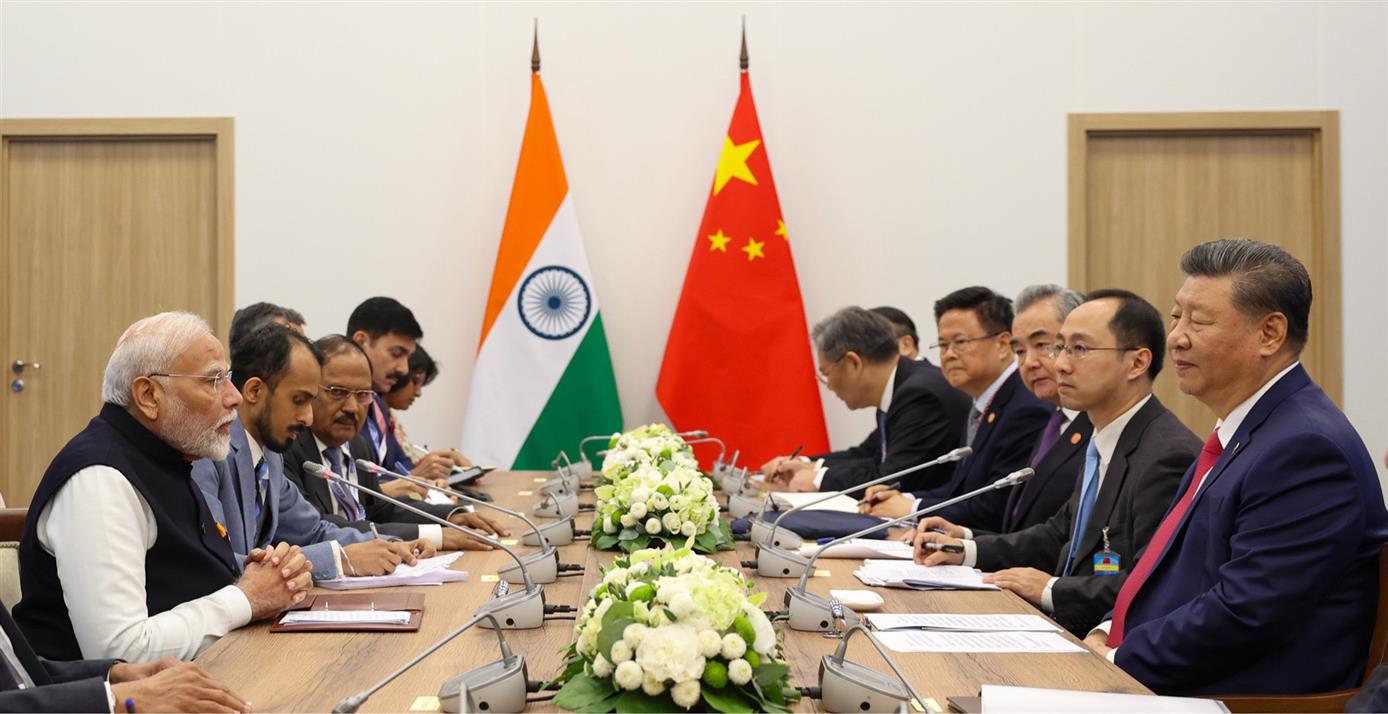
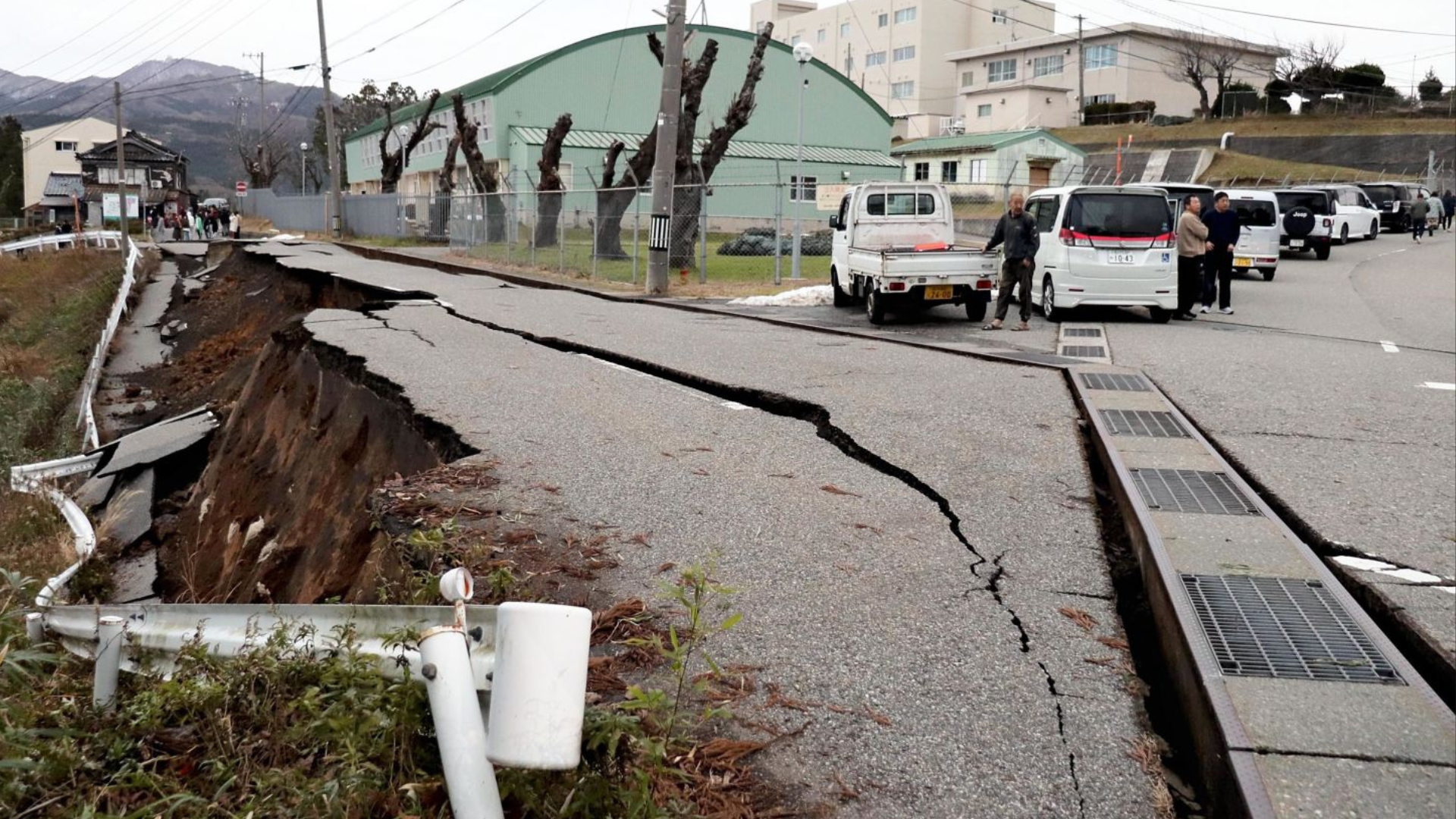



.png)

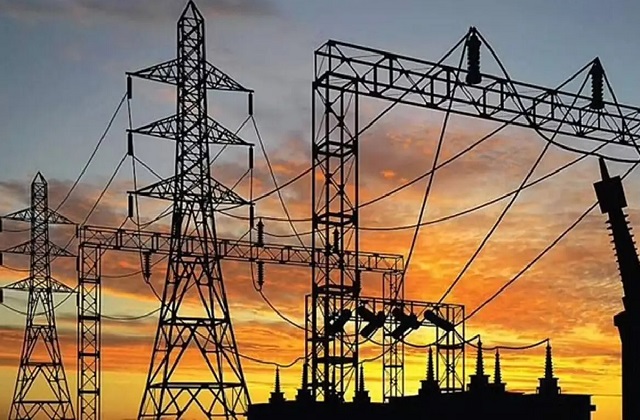
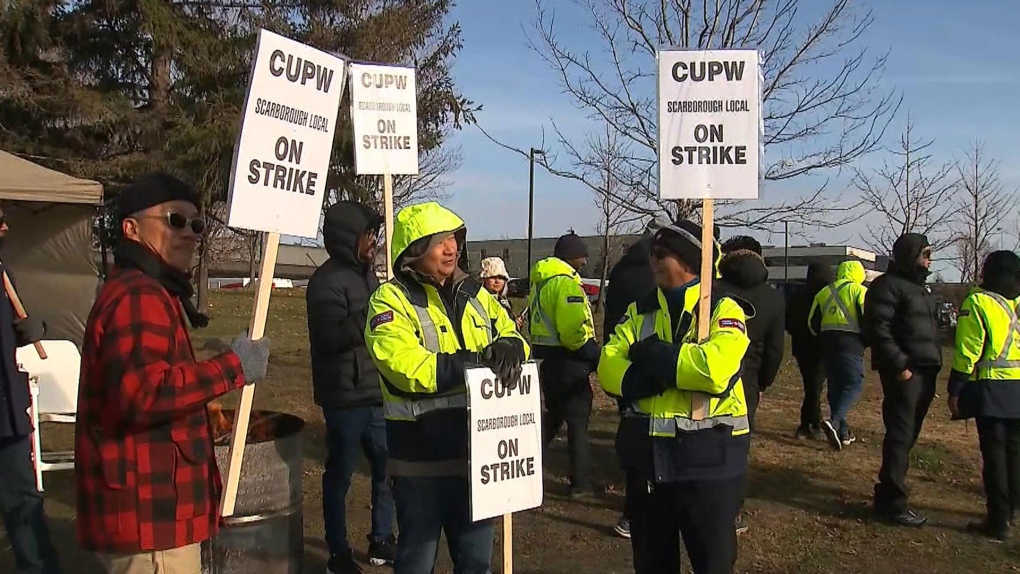
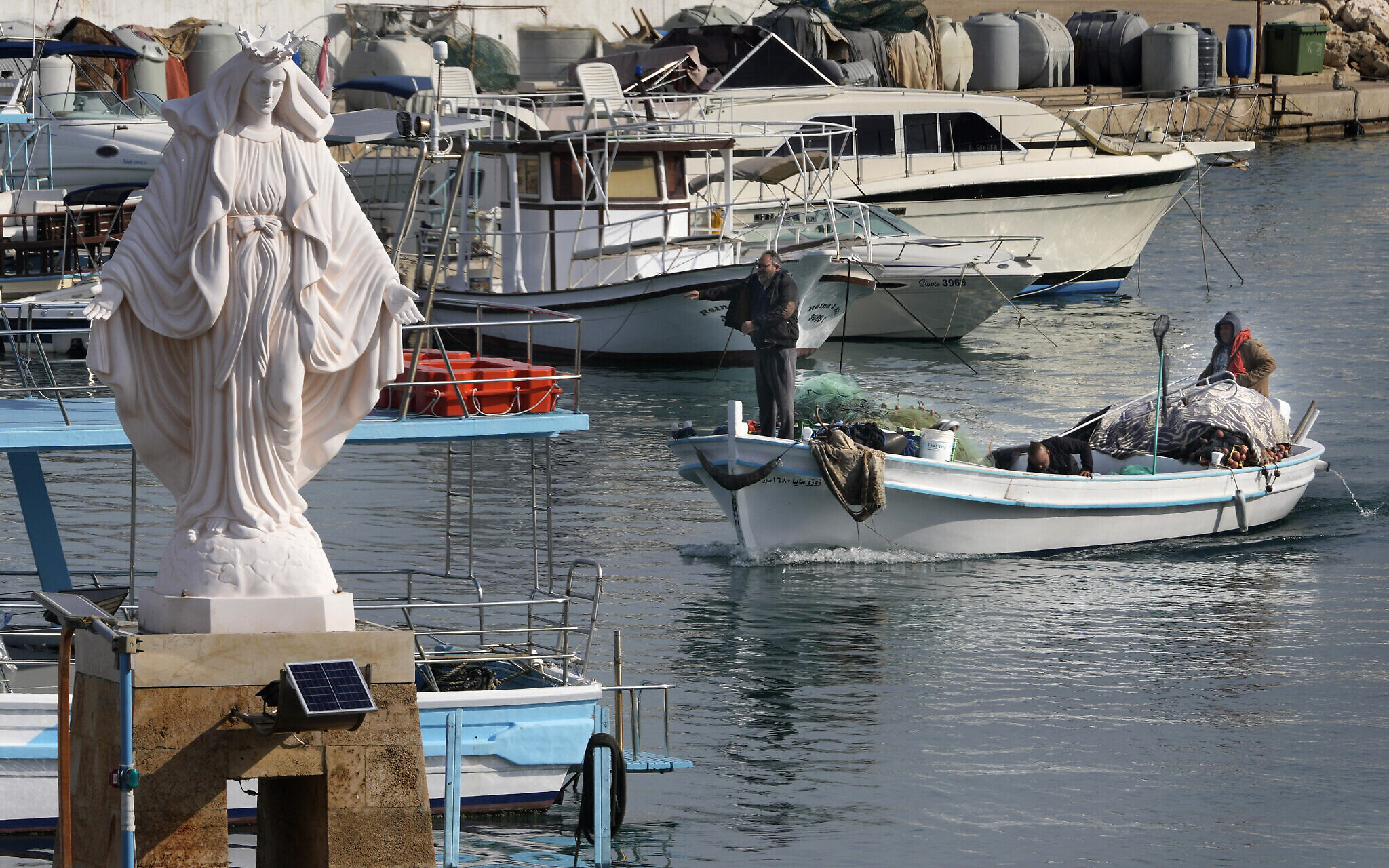
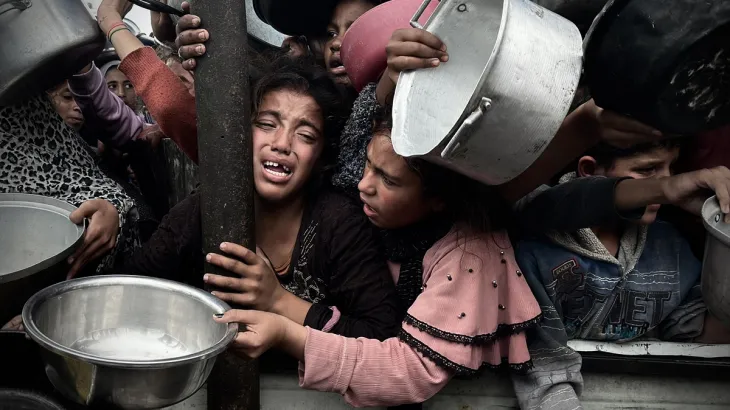
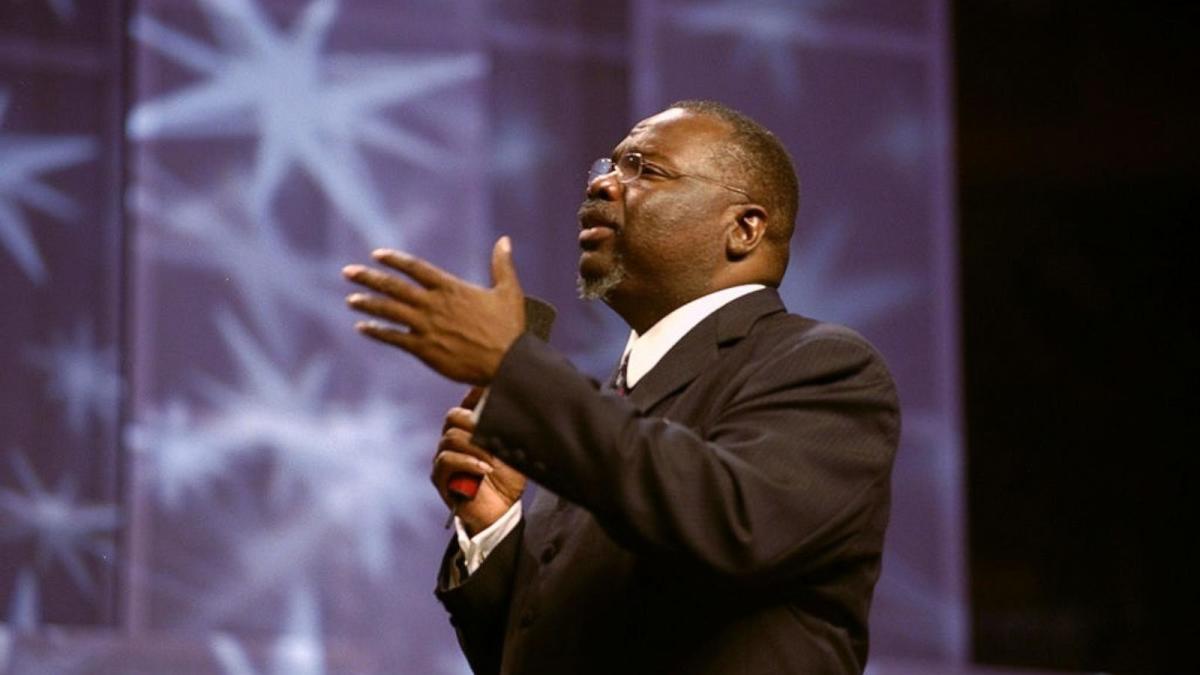
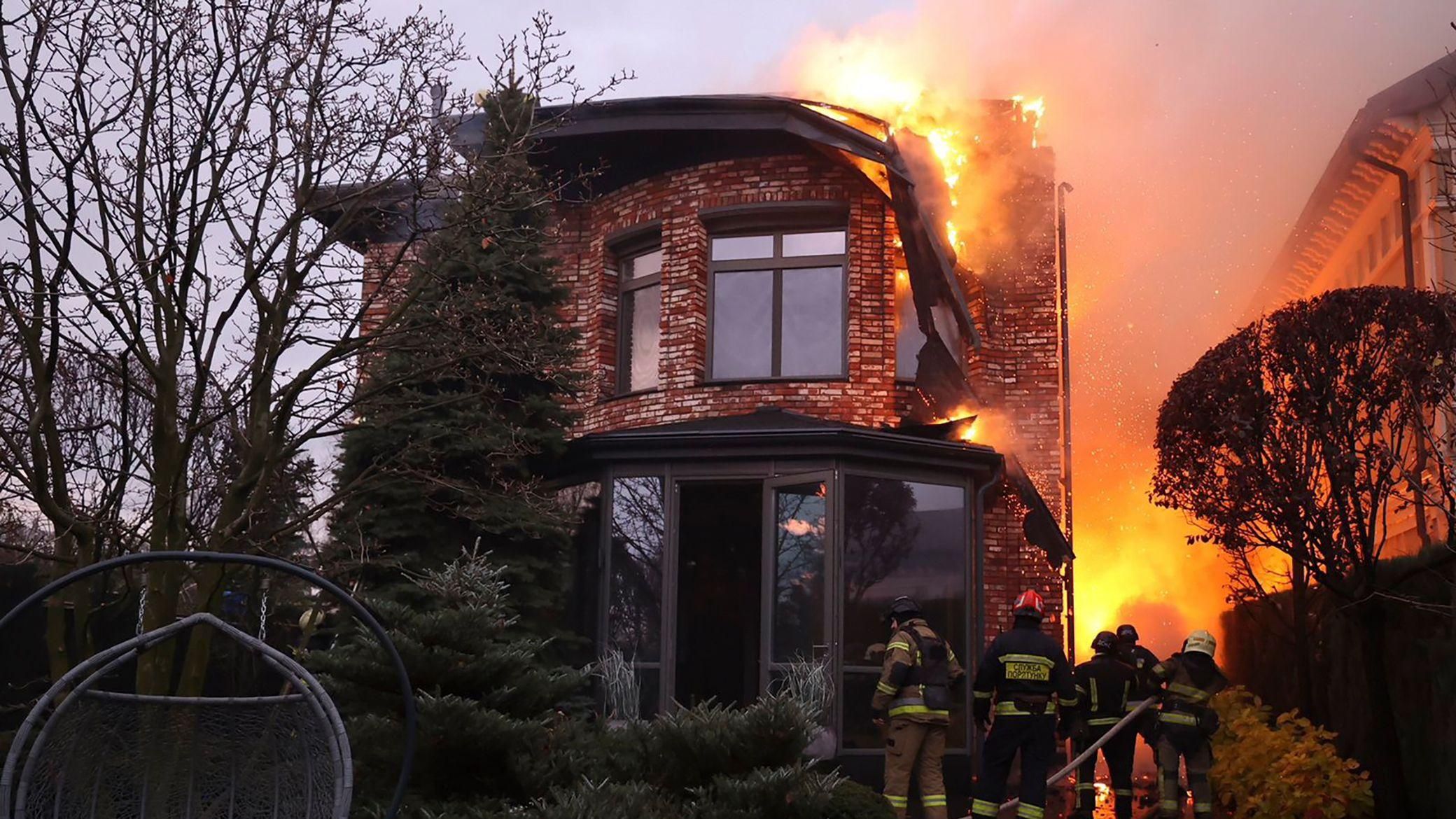
.jfif)


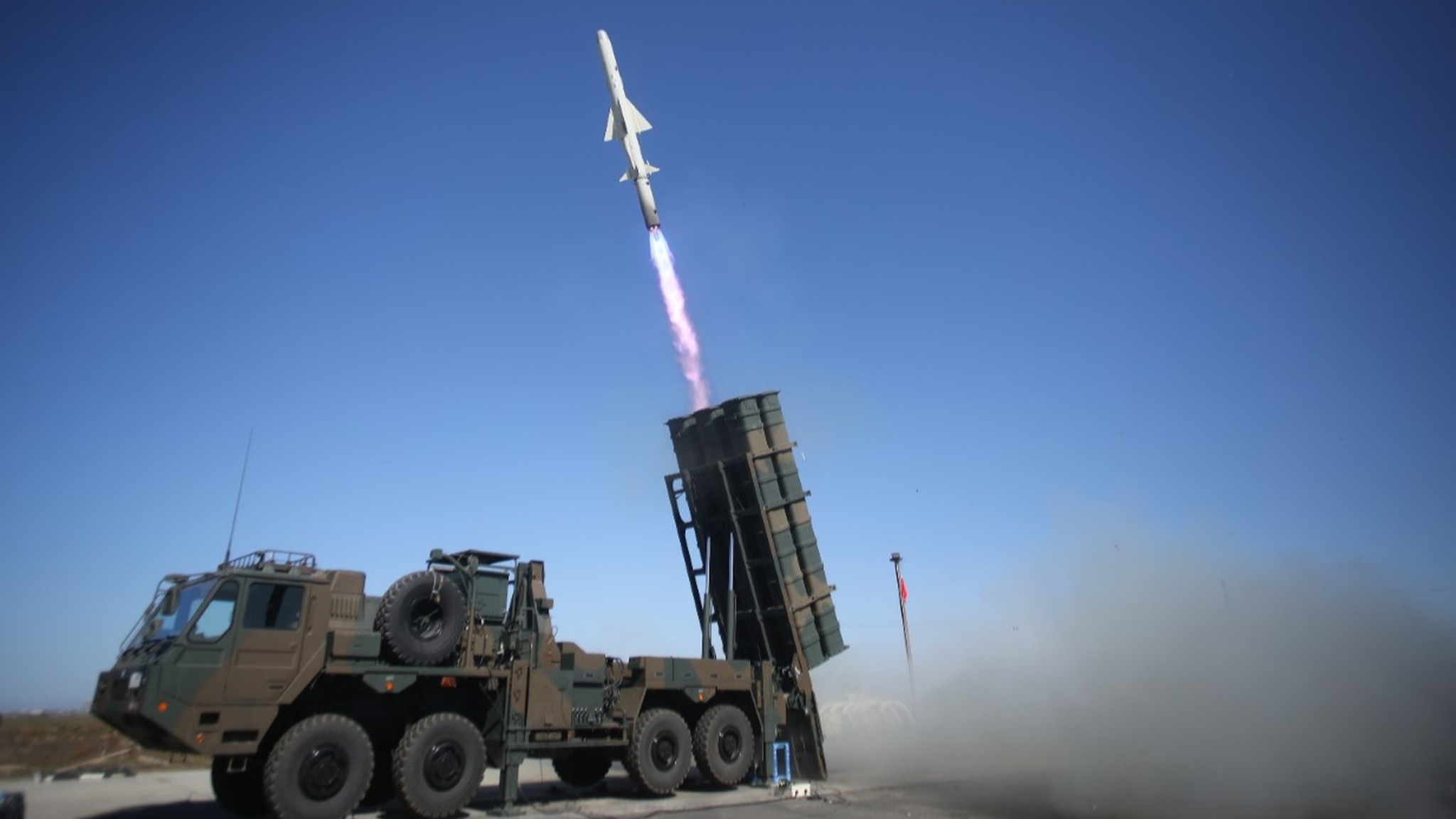
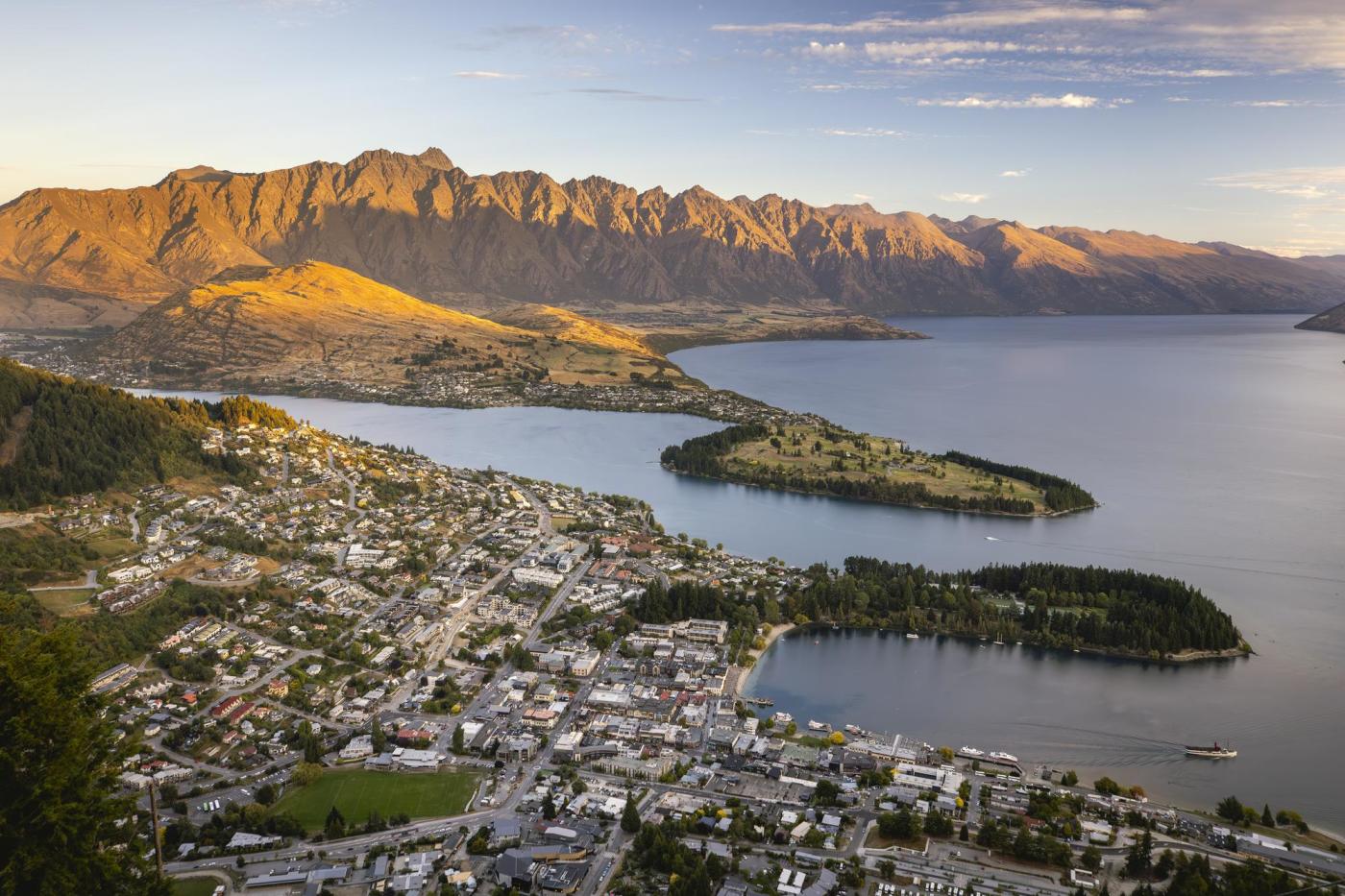


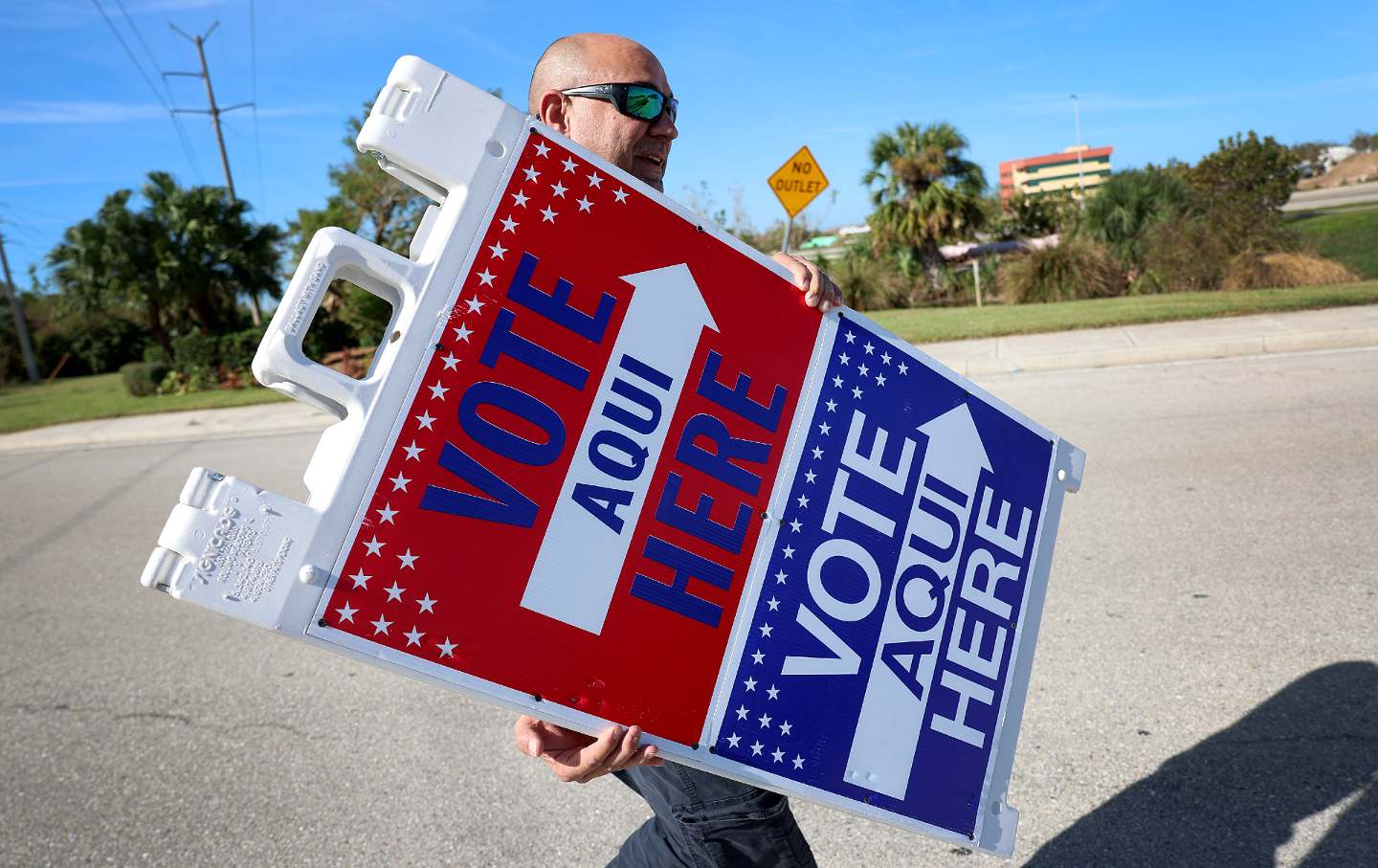

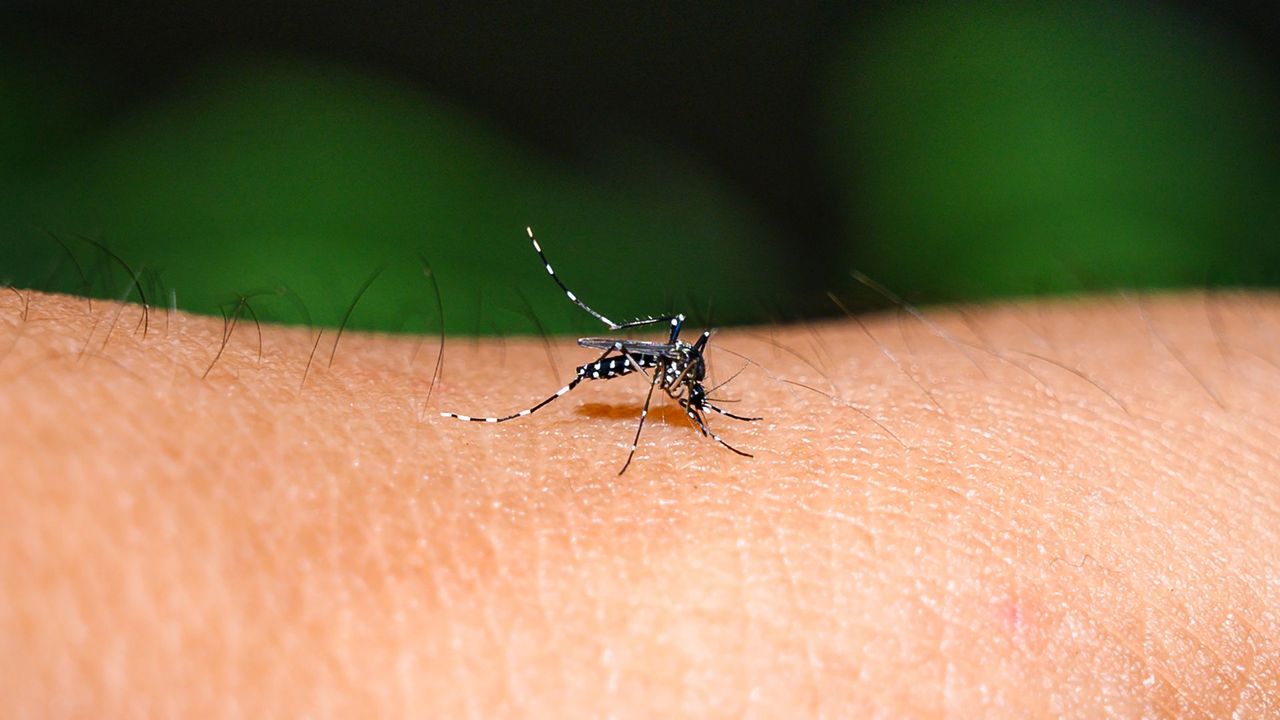

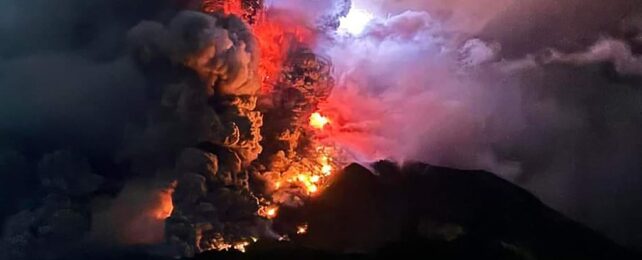



























































































.png)
 (1).png)























